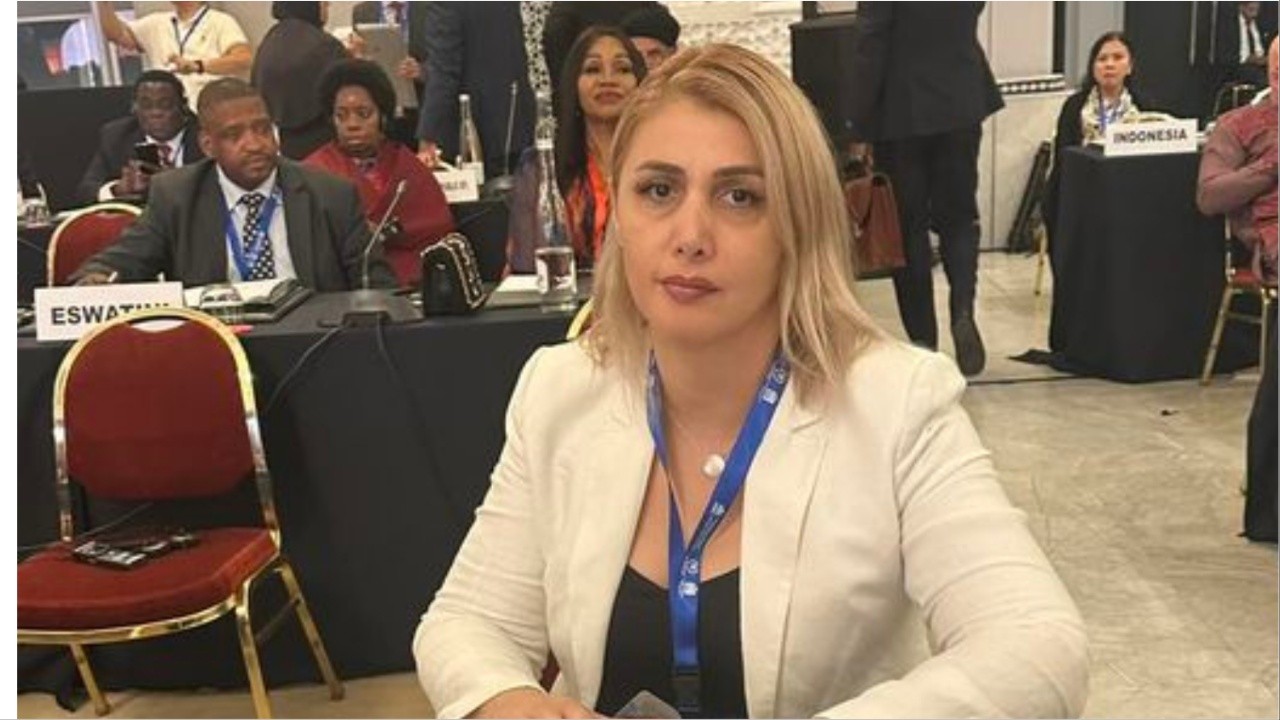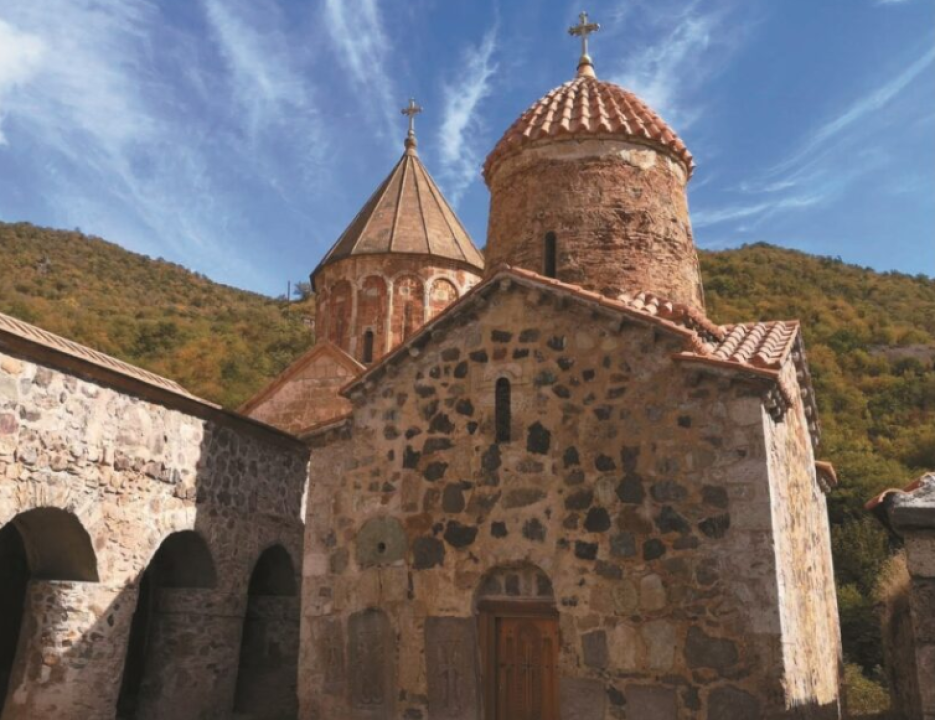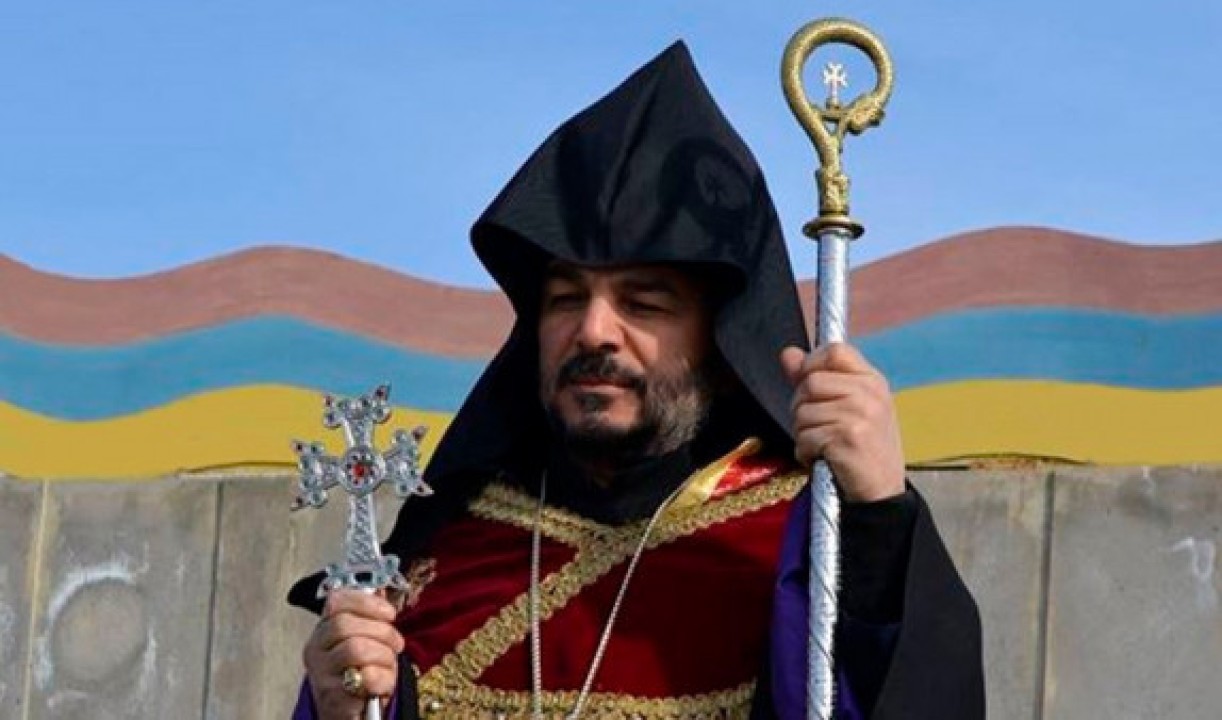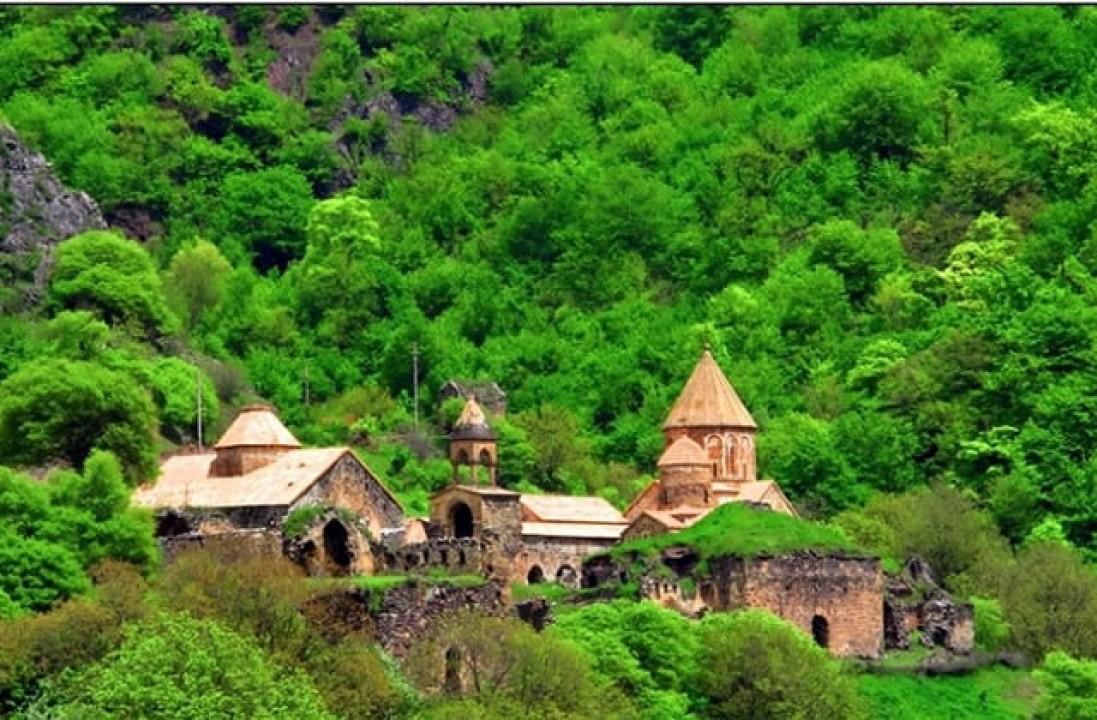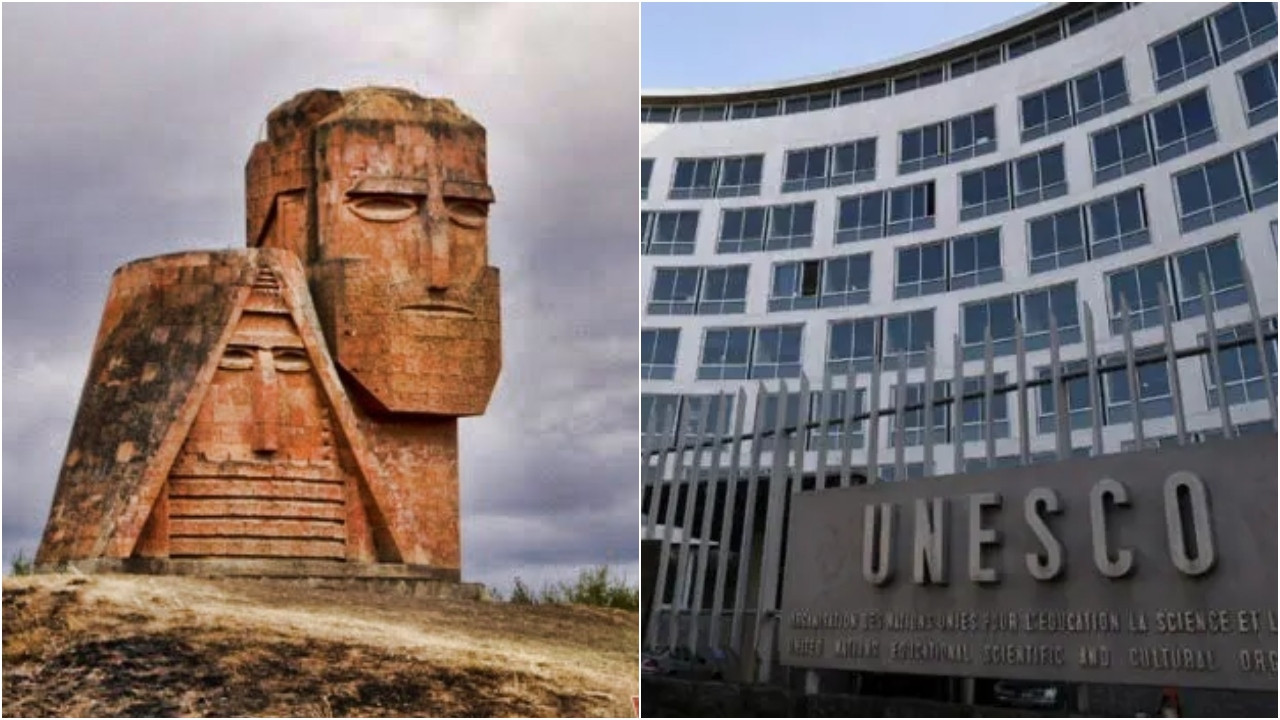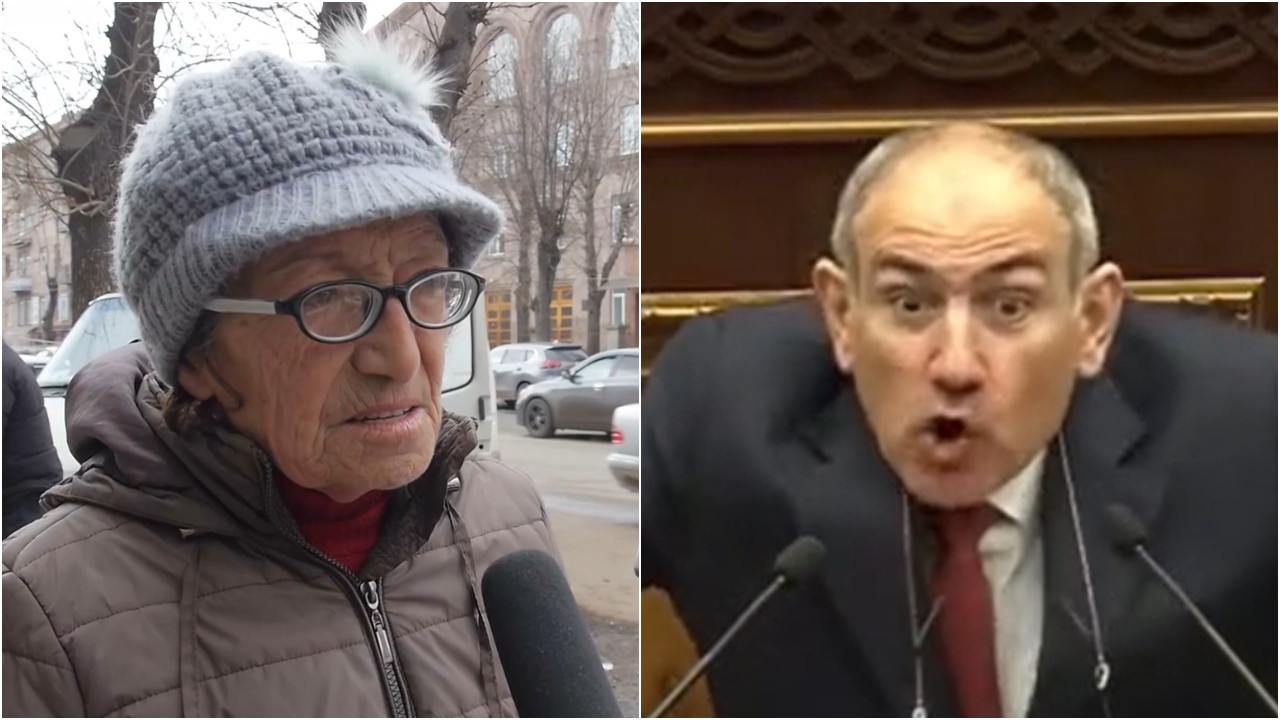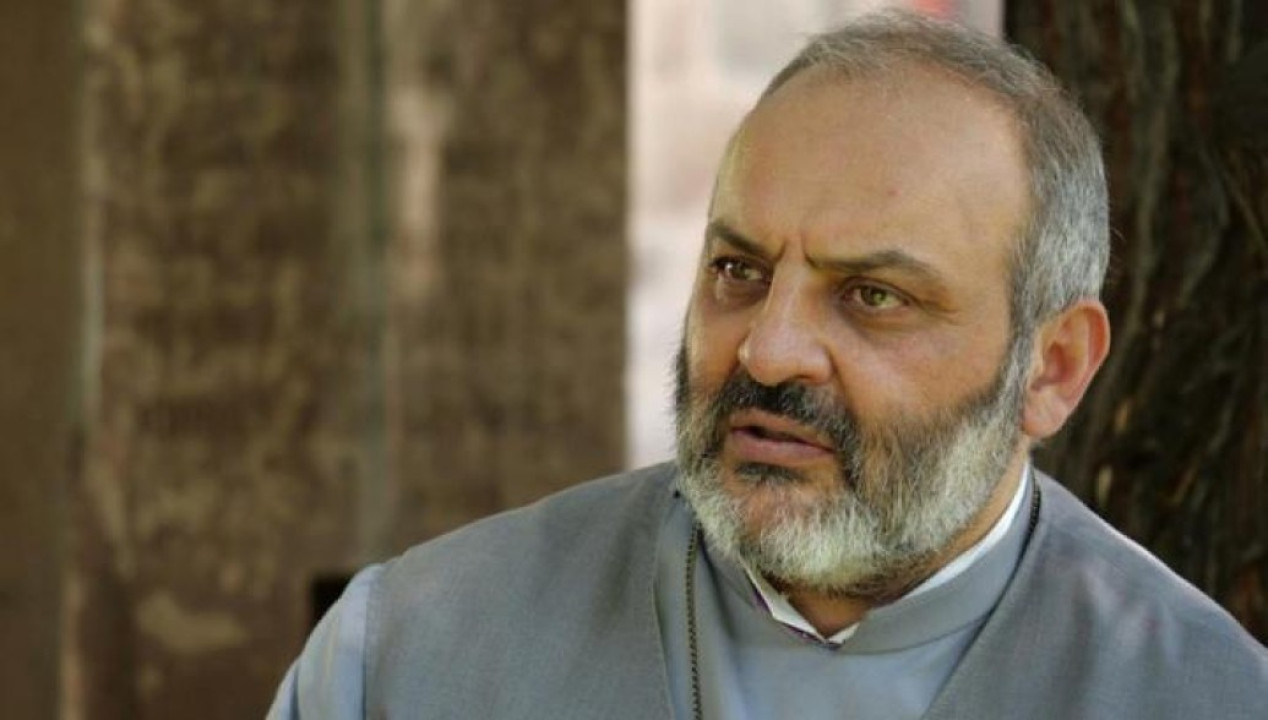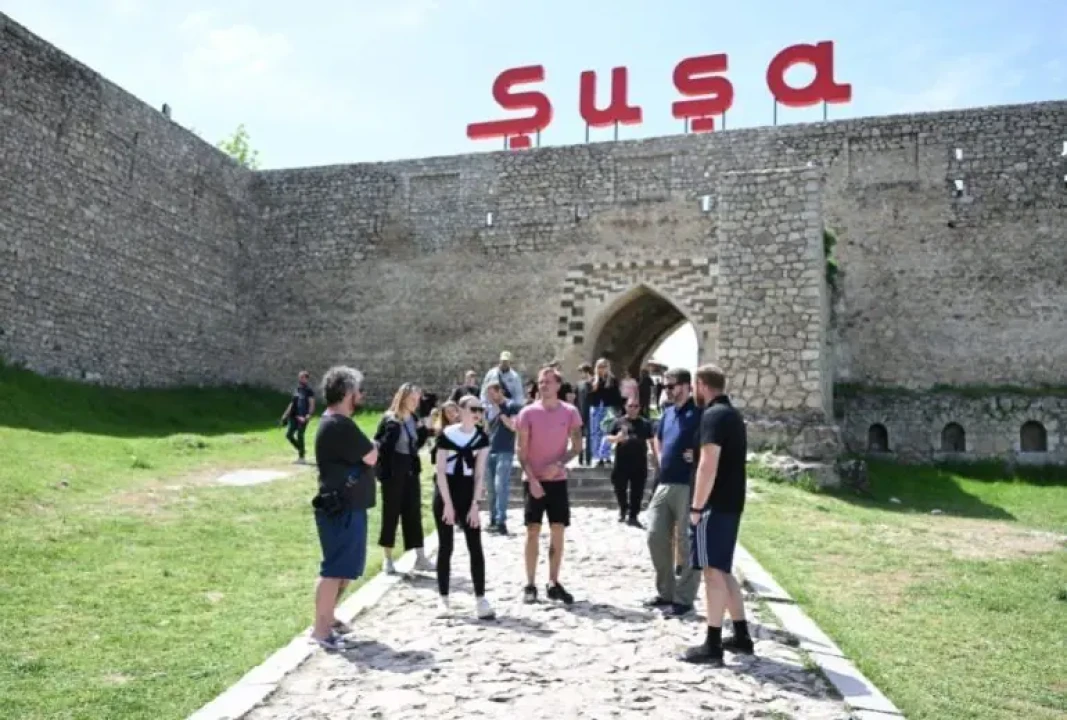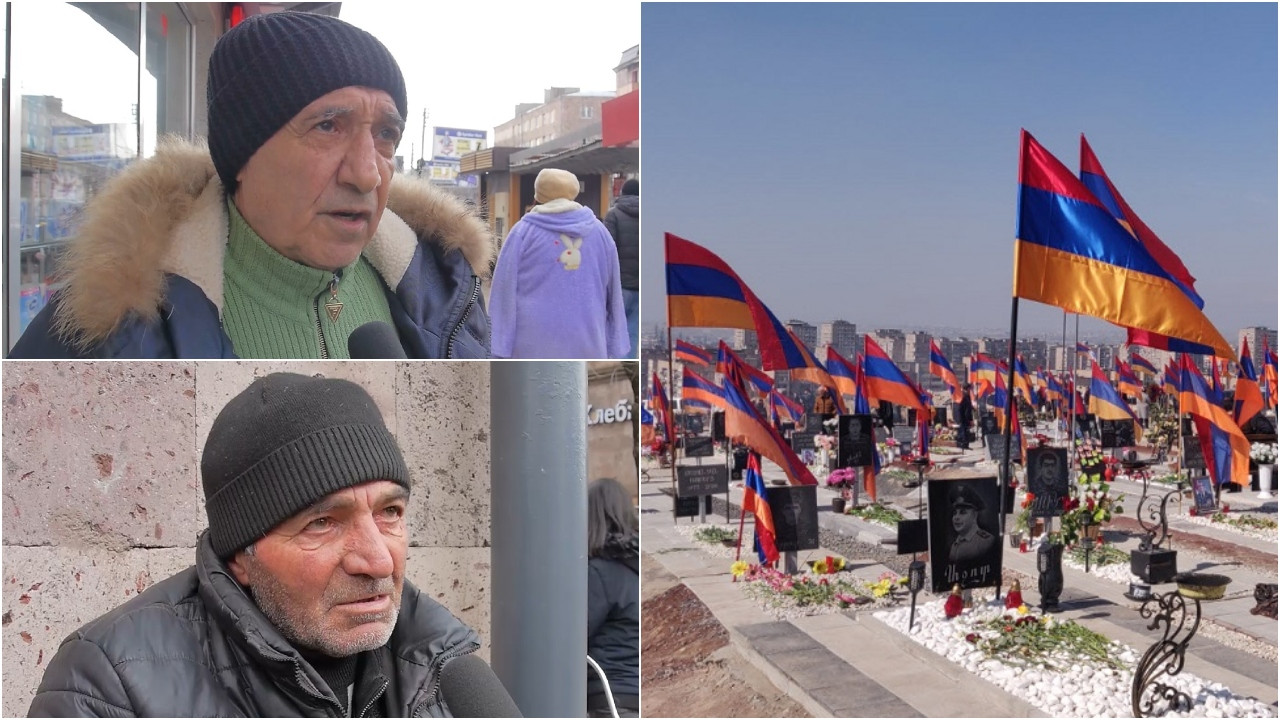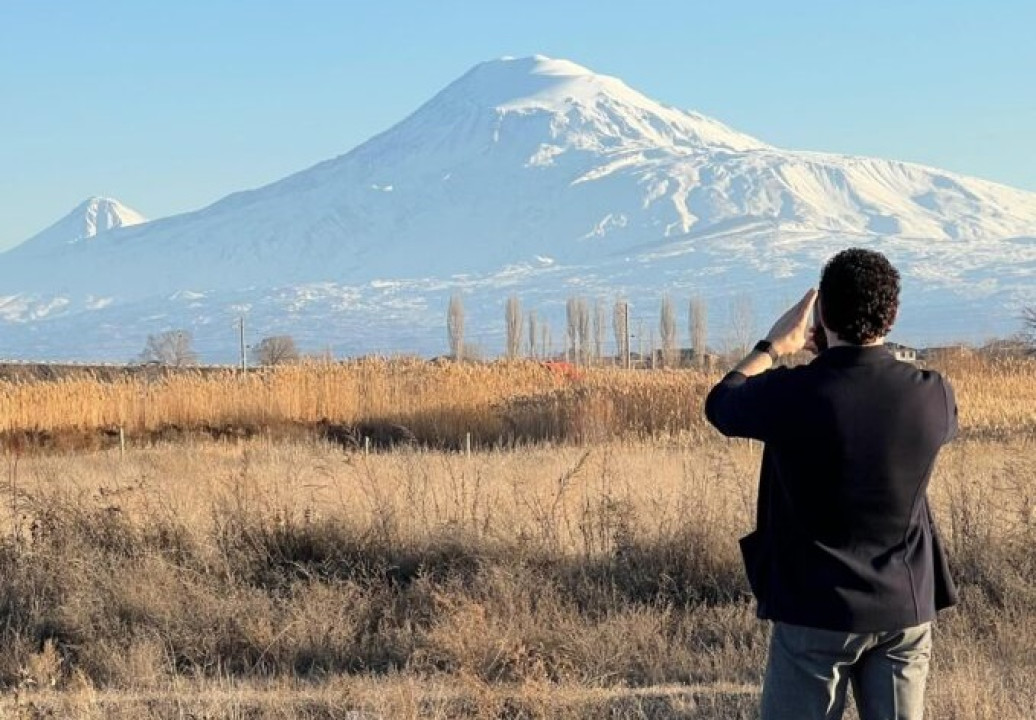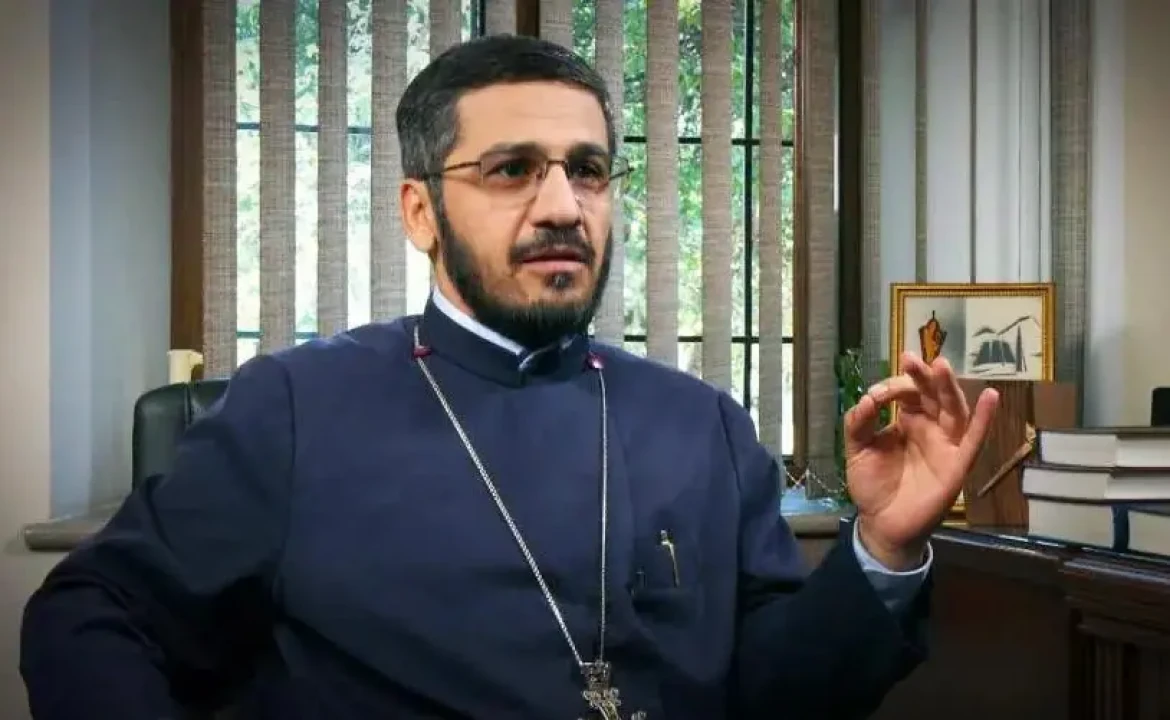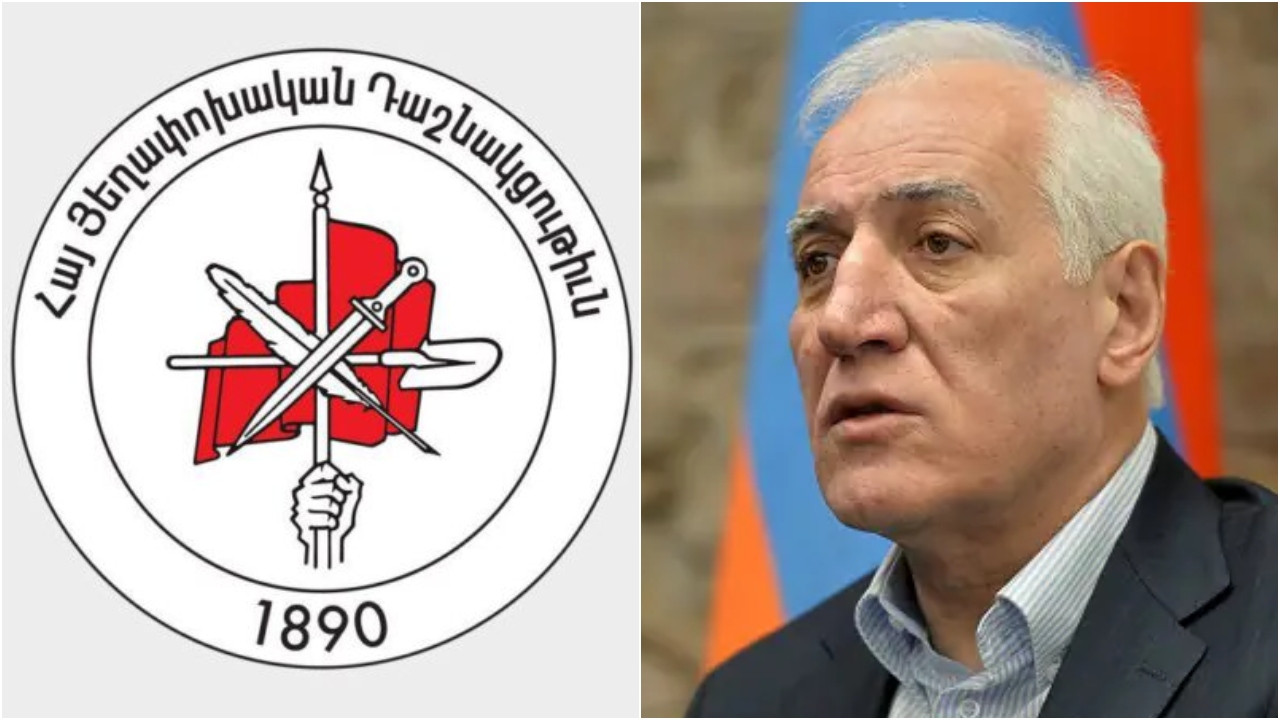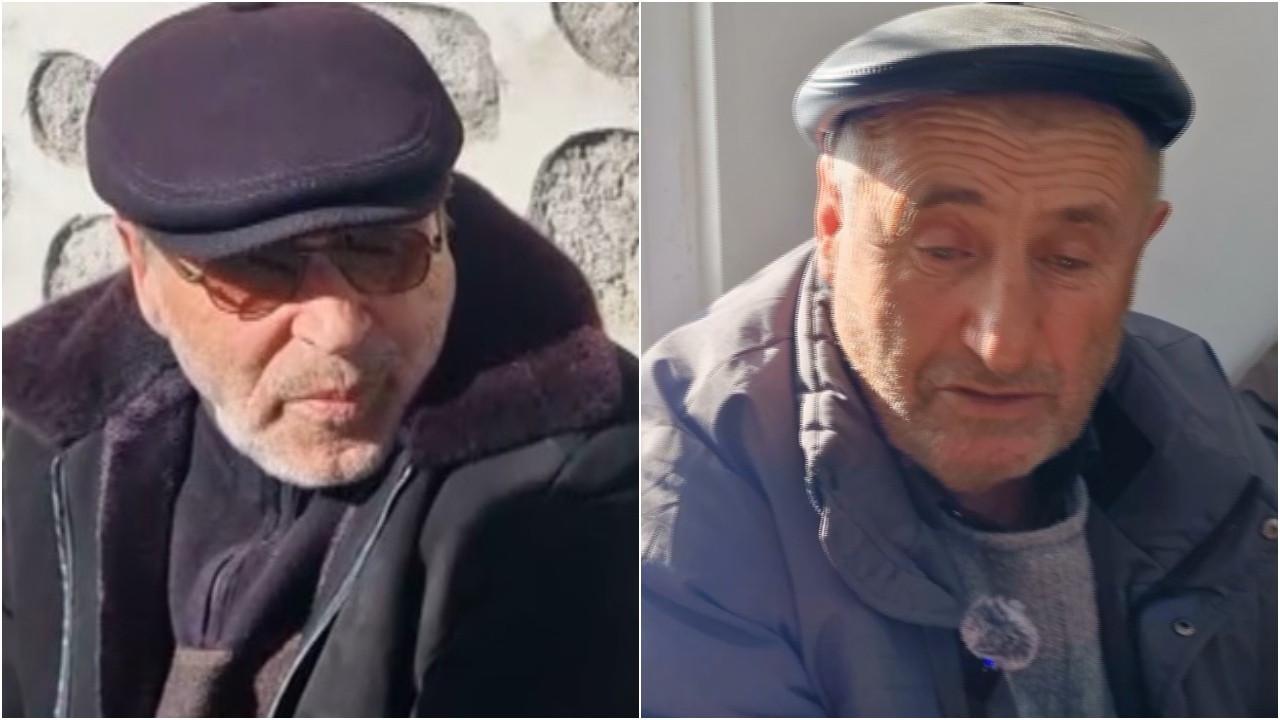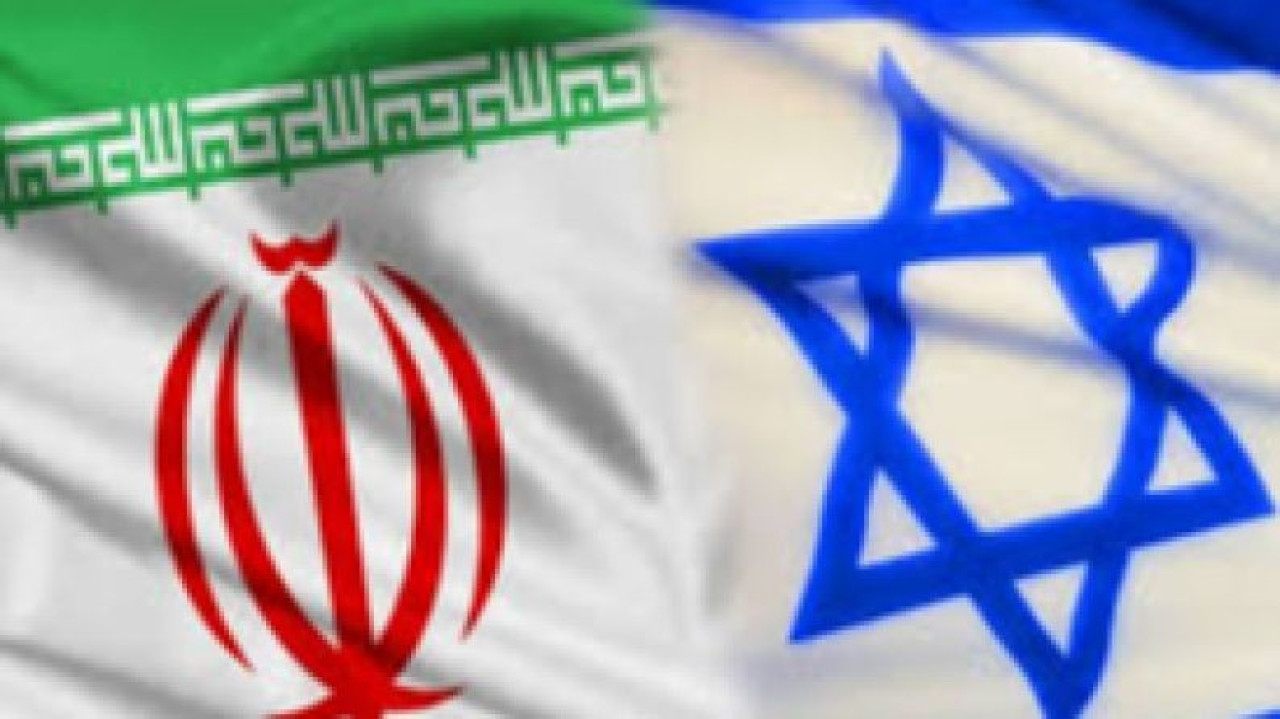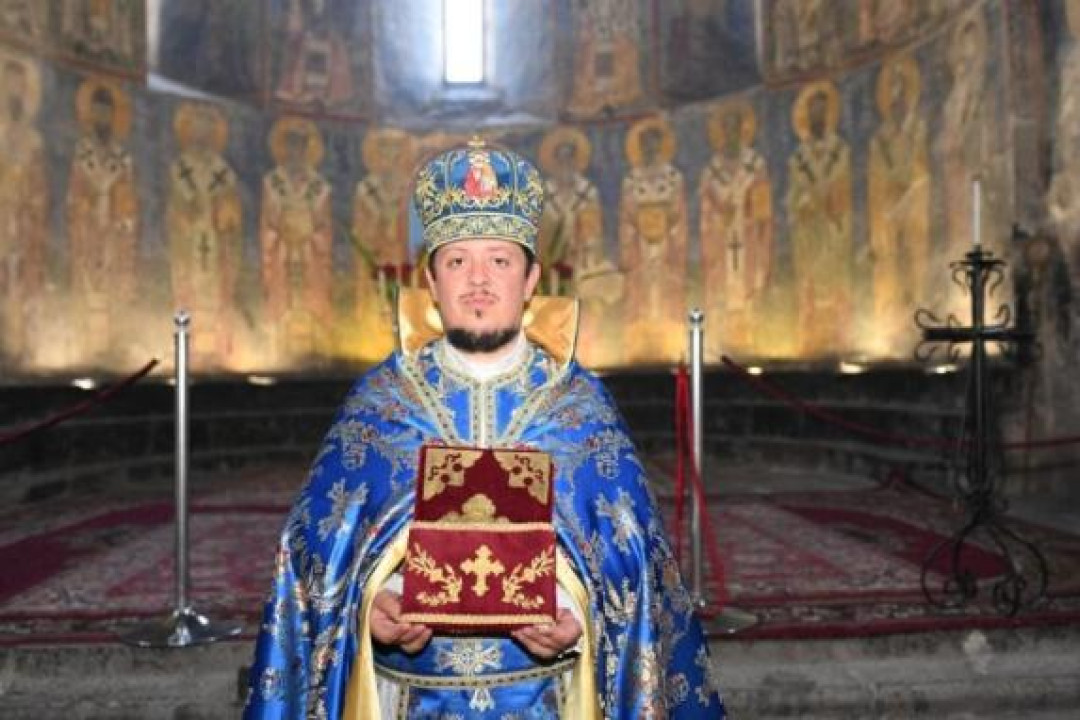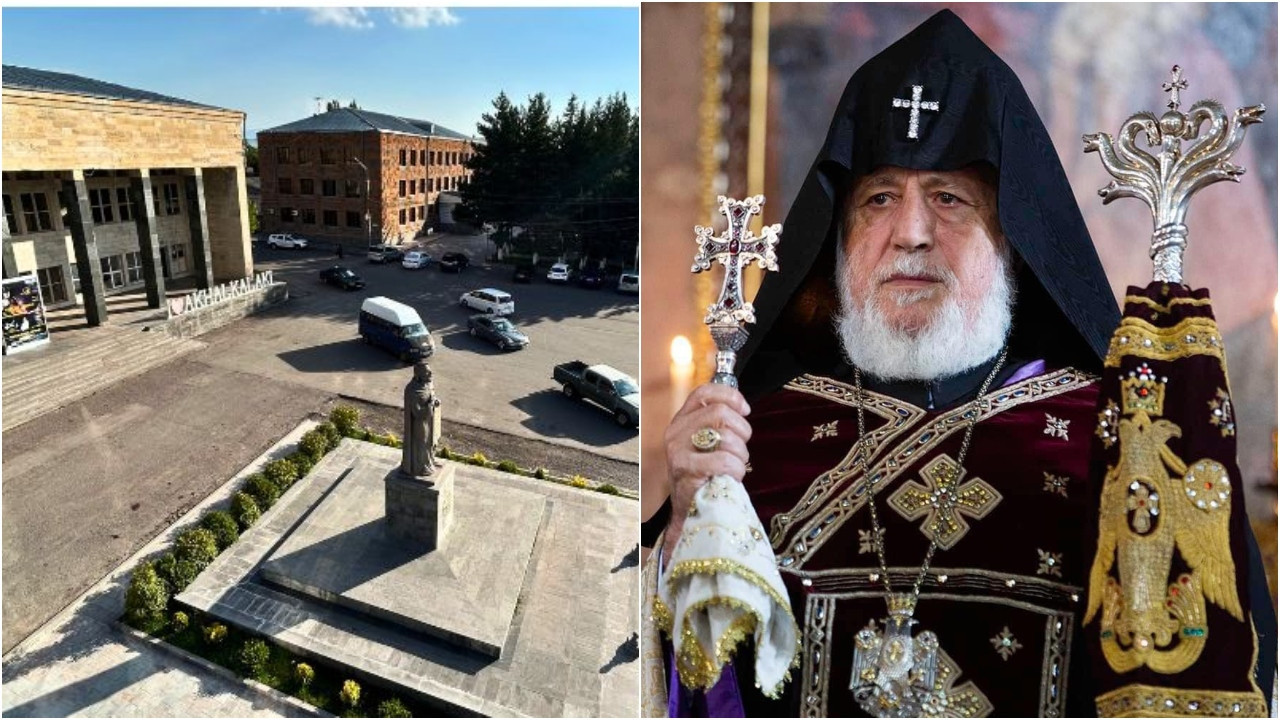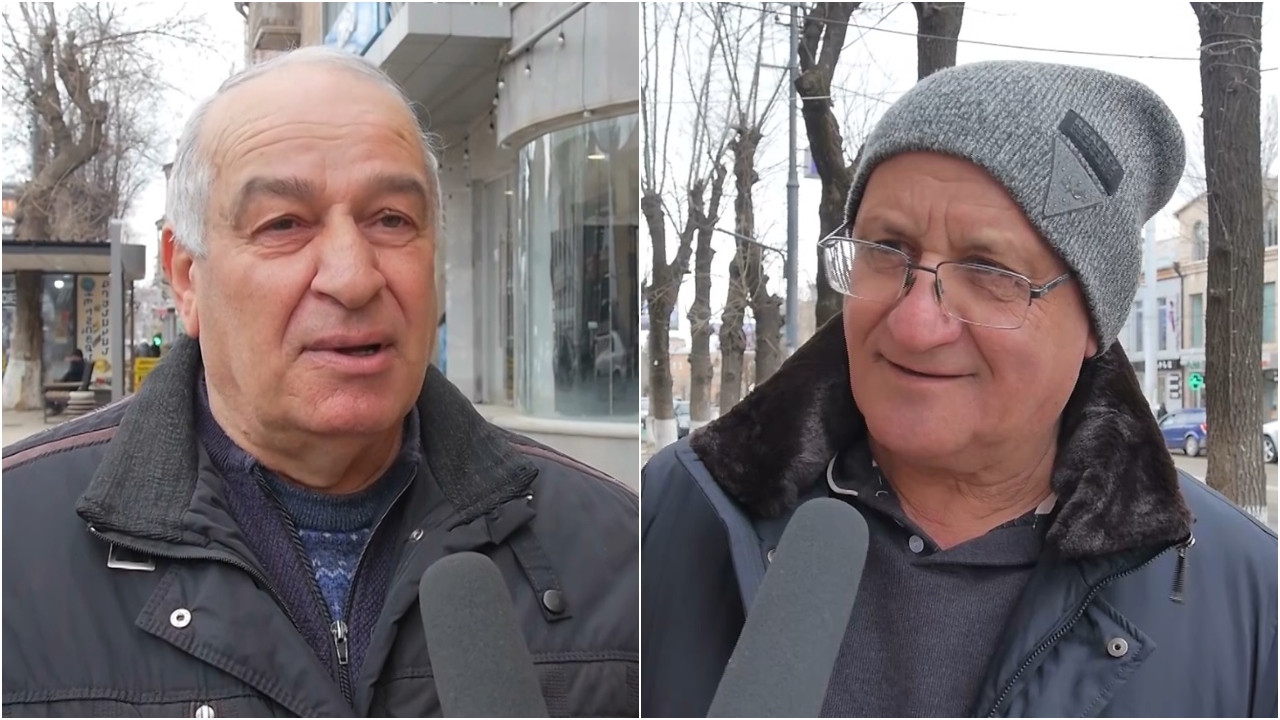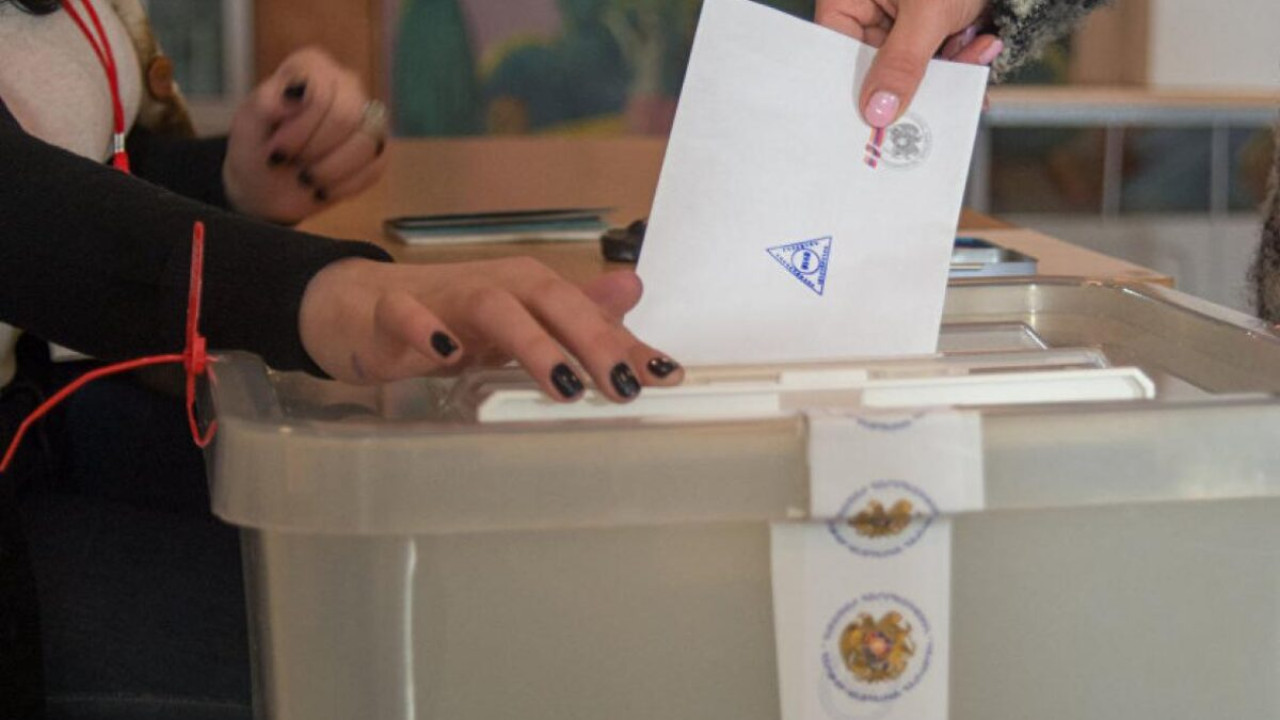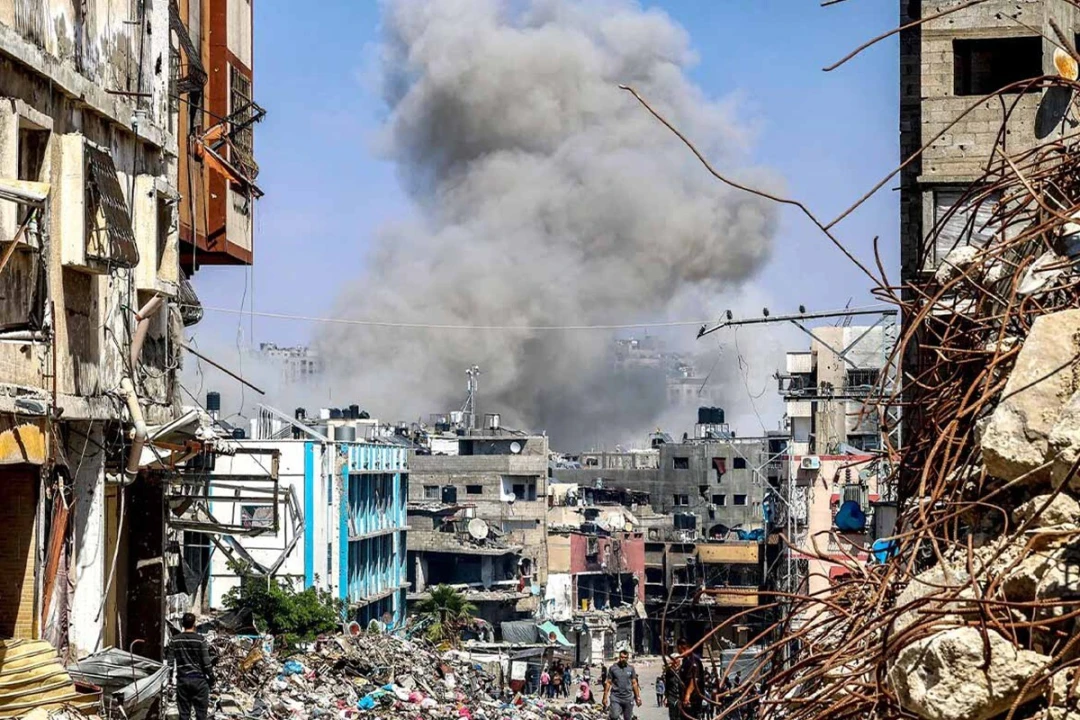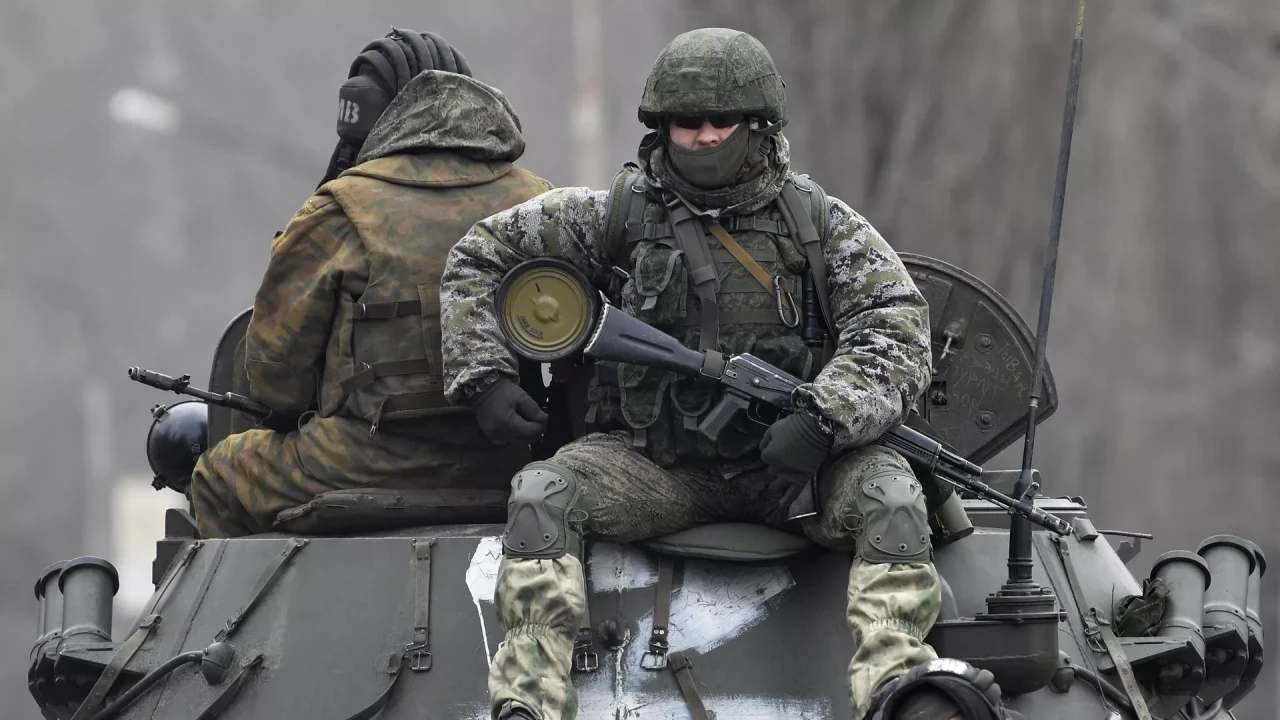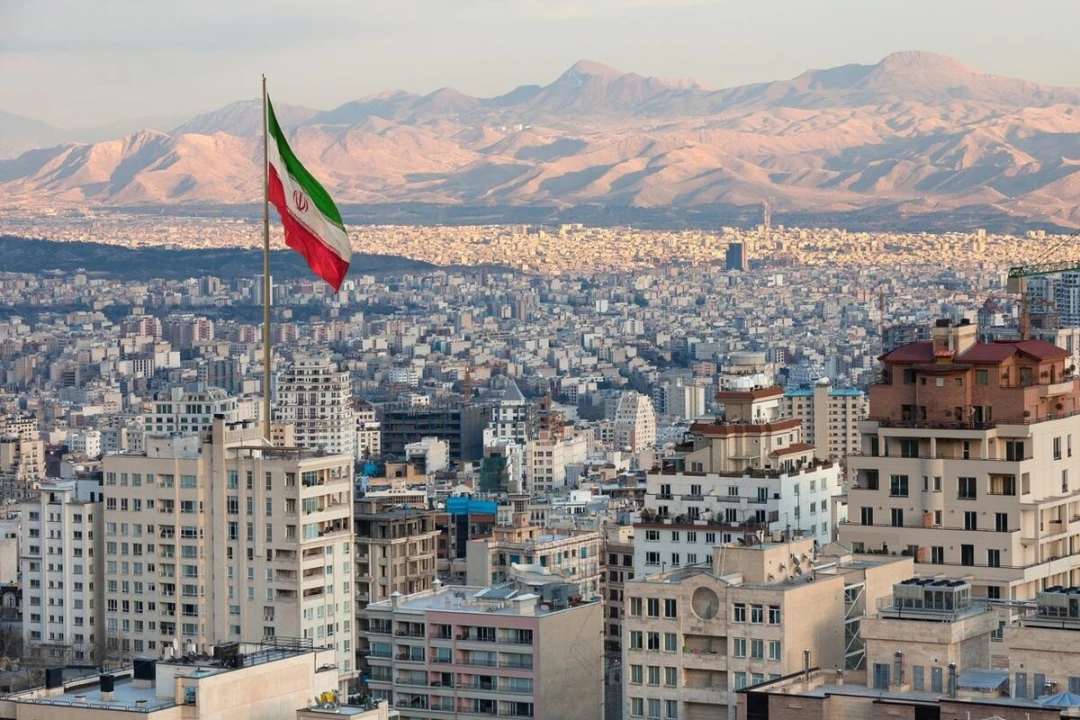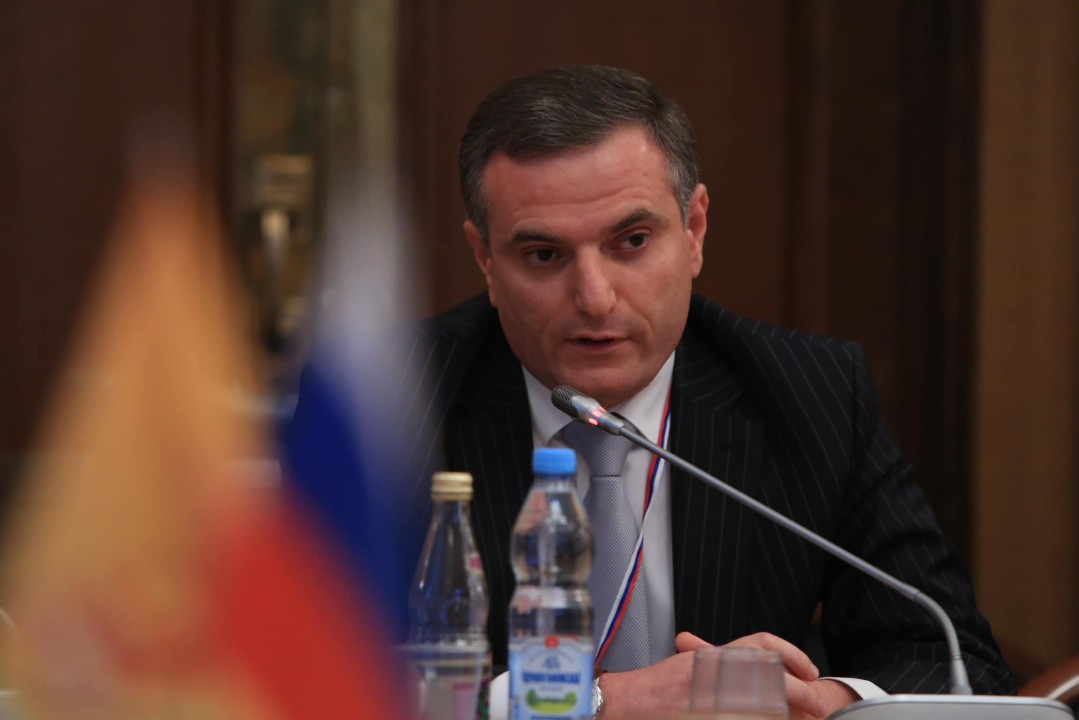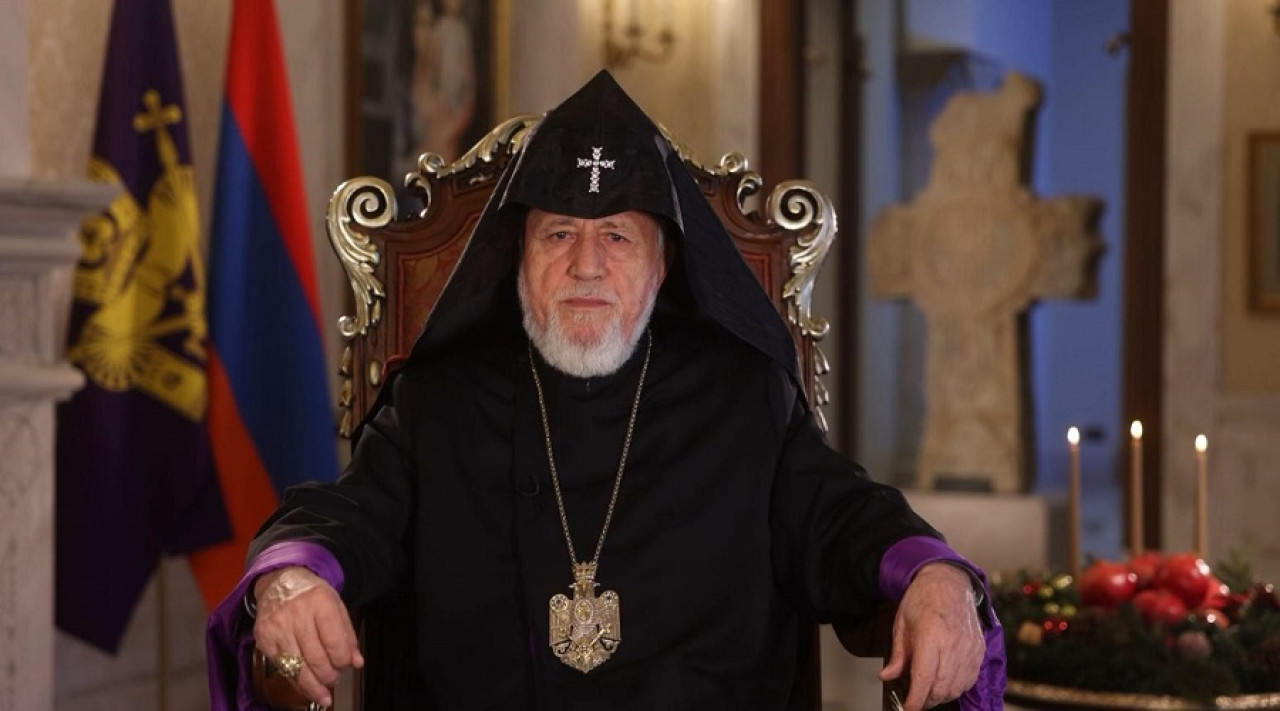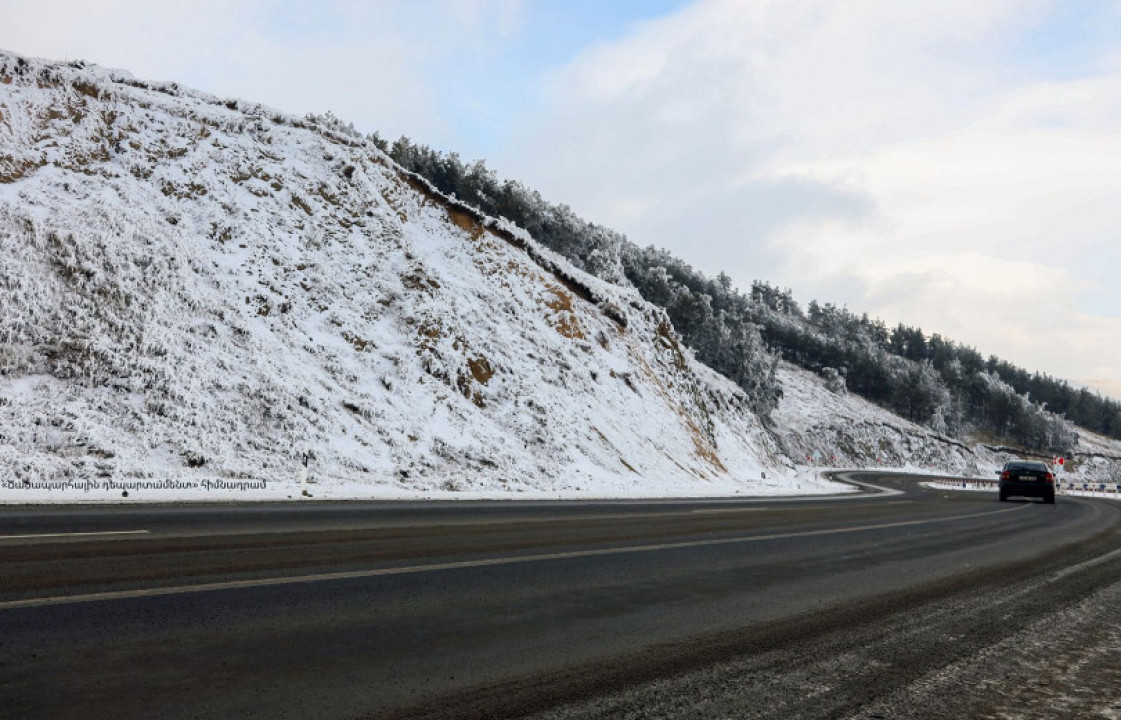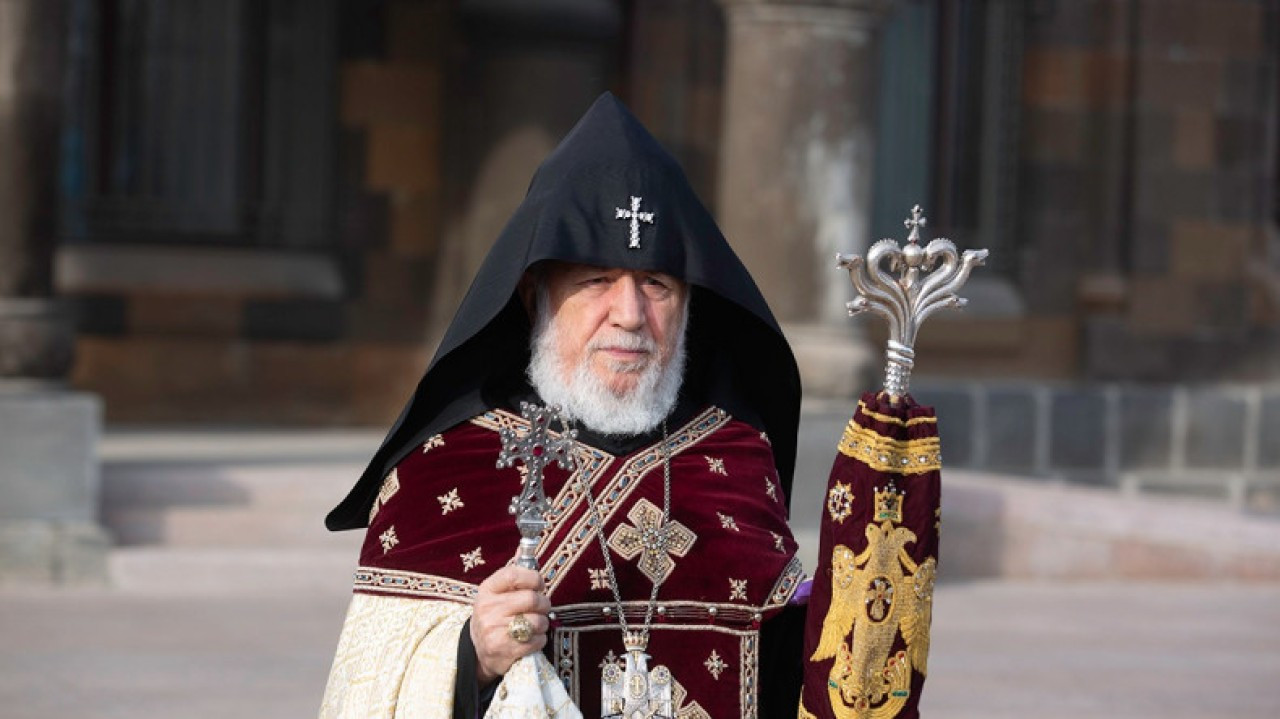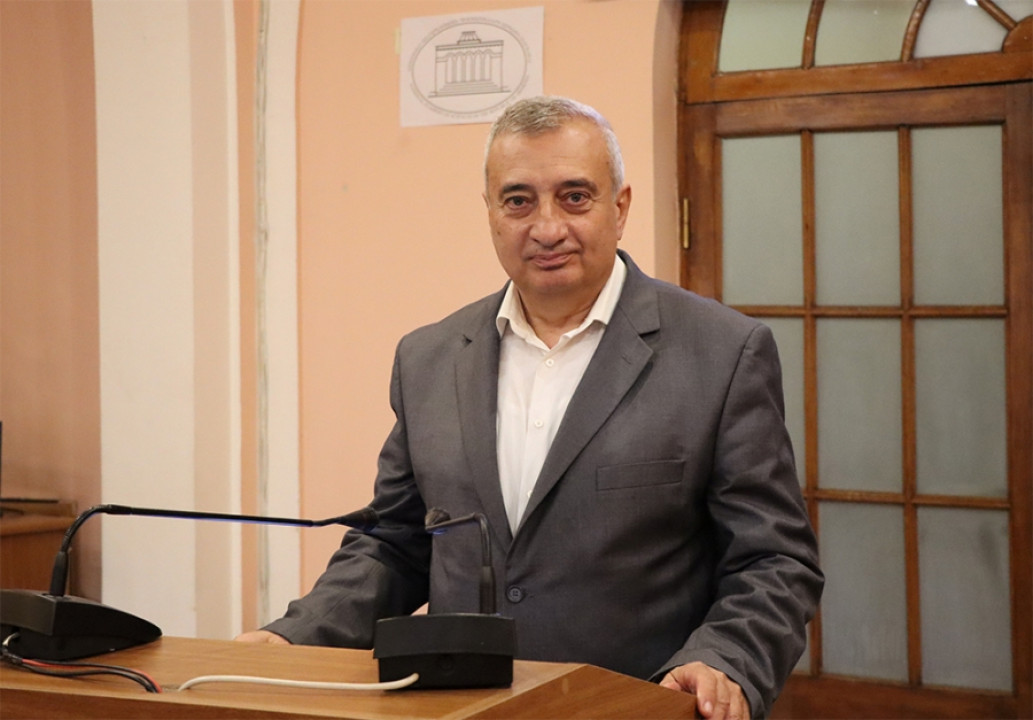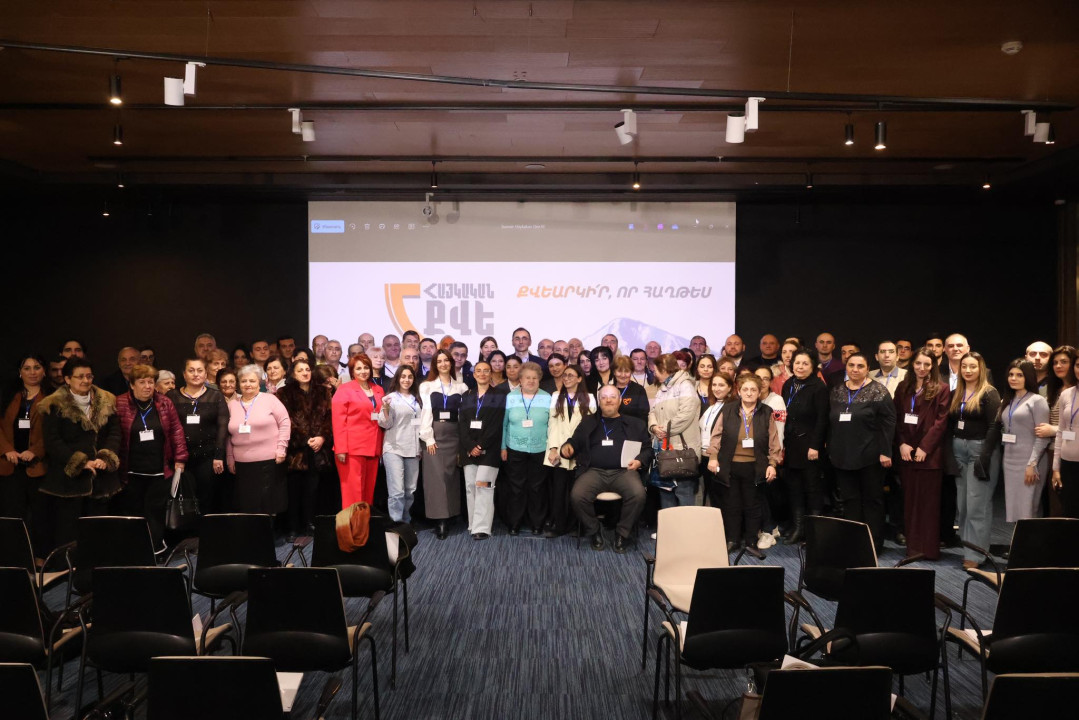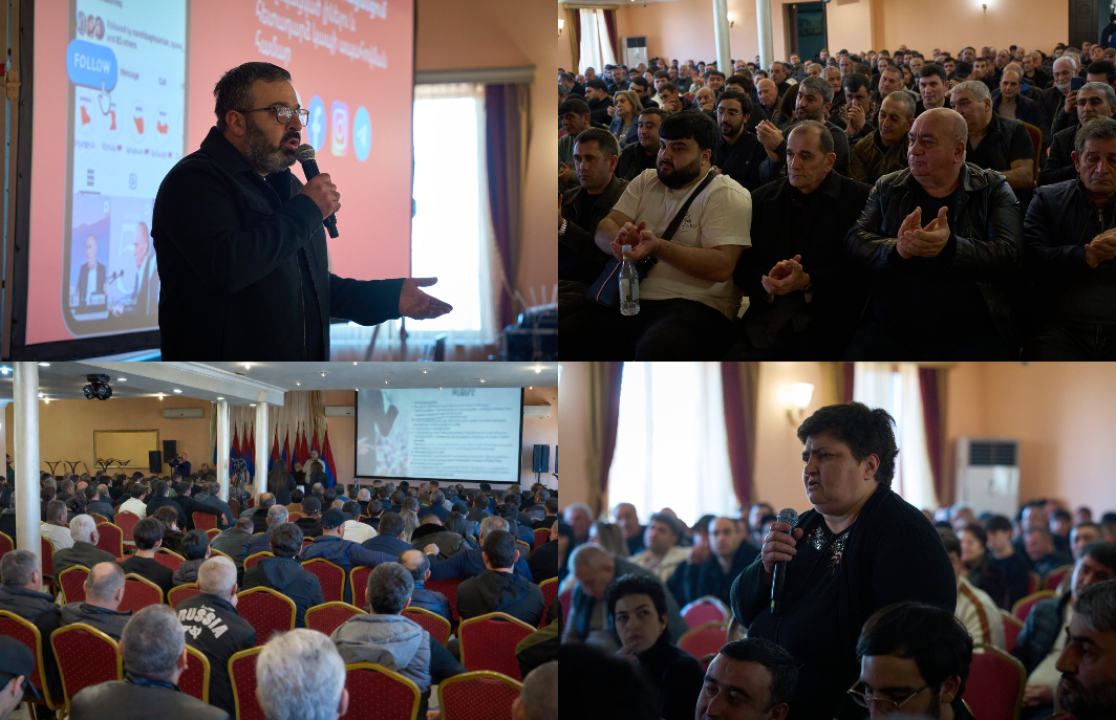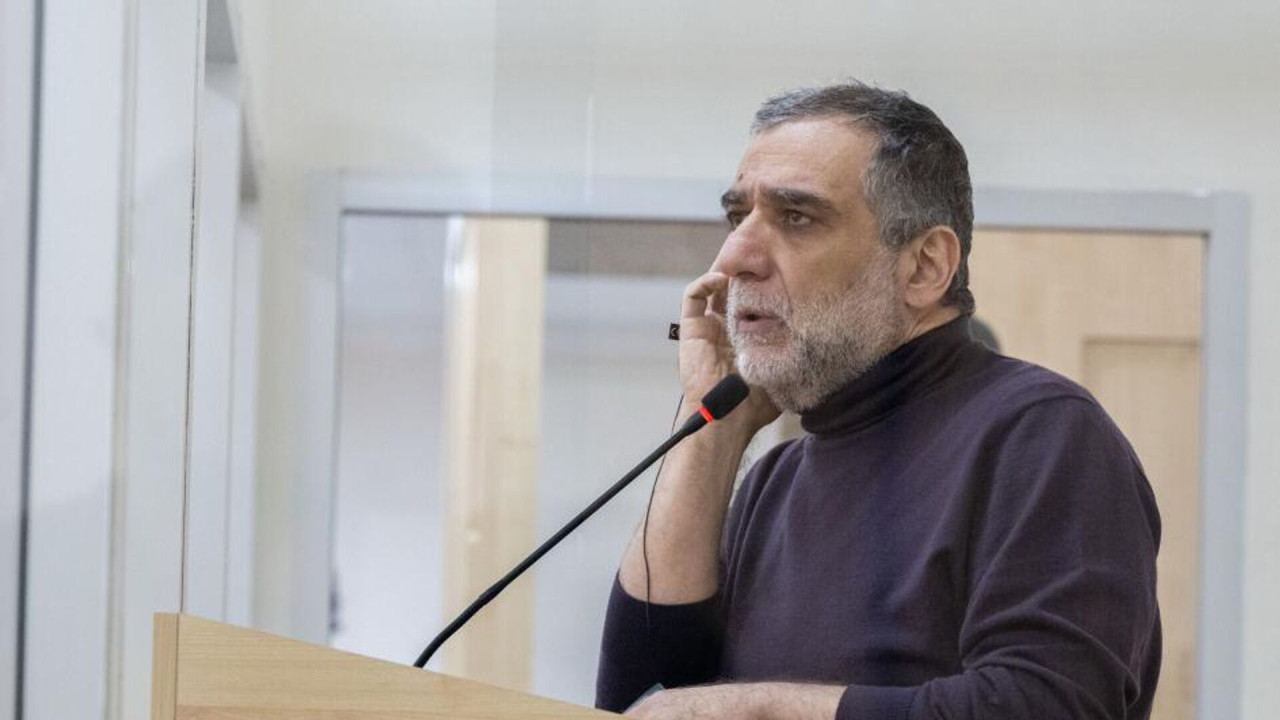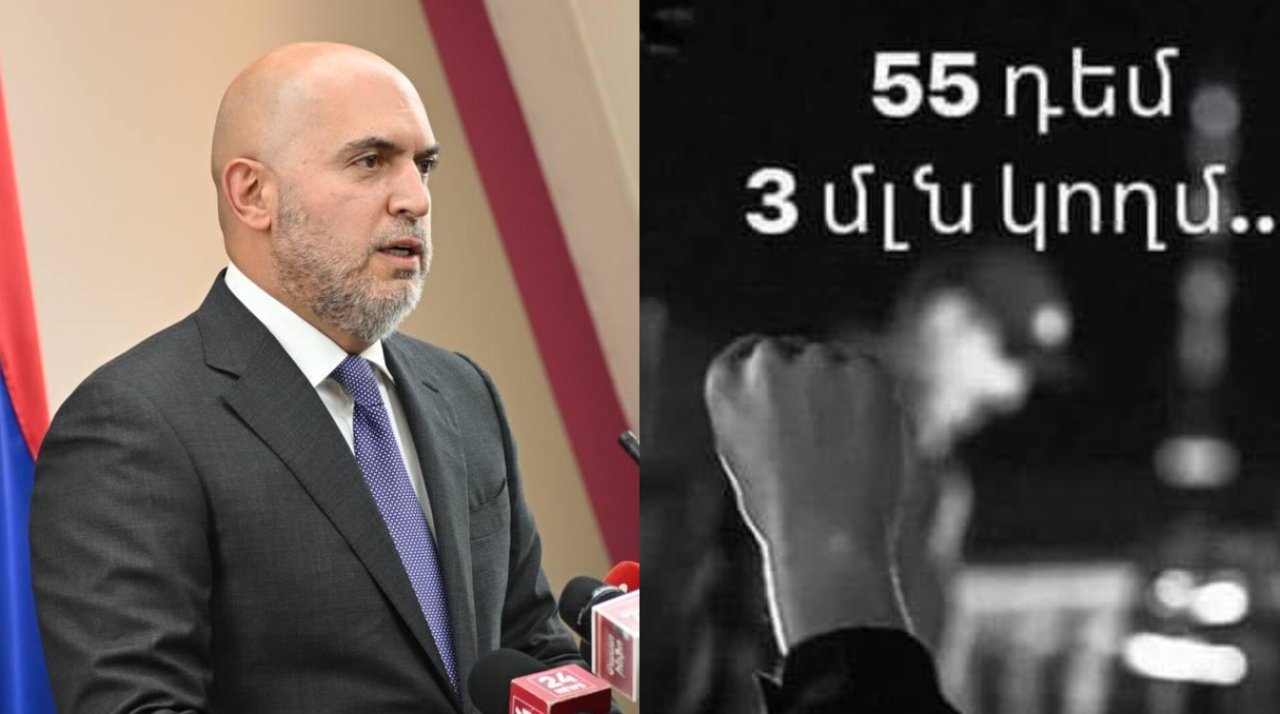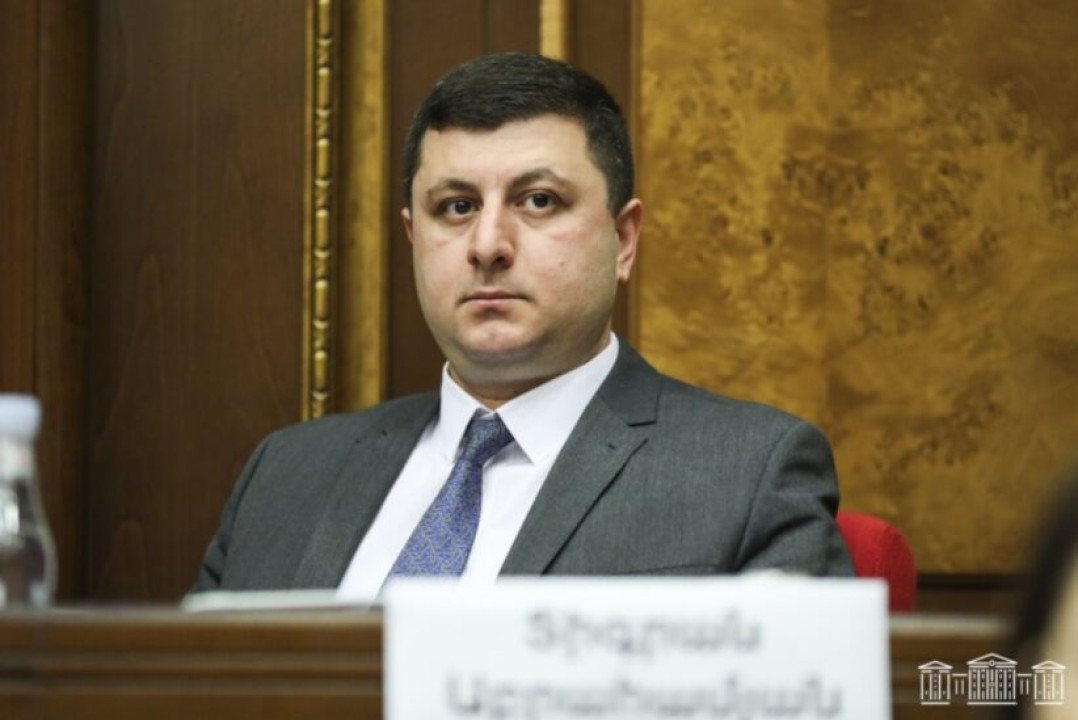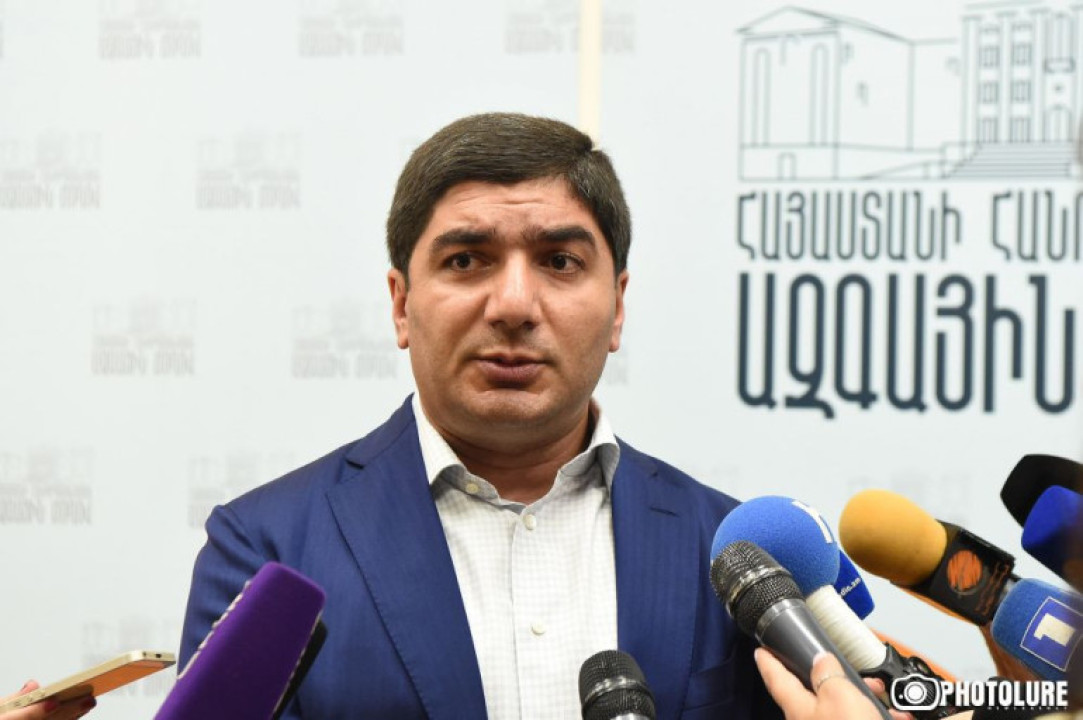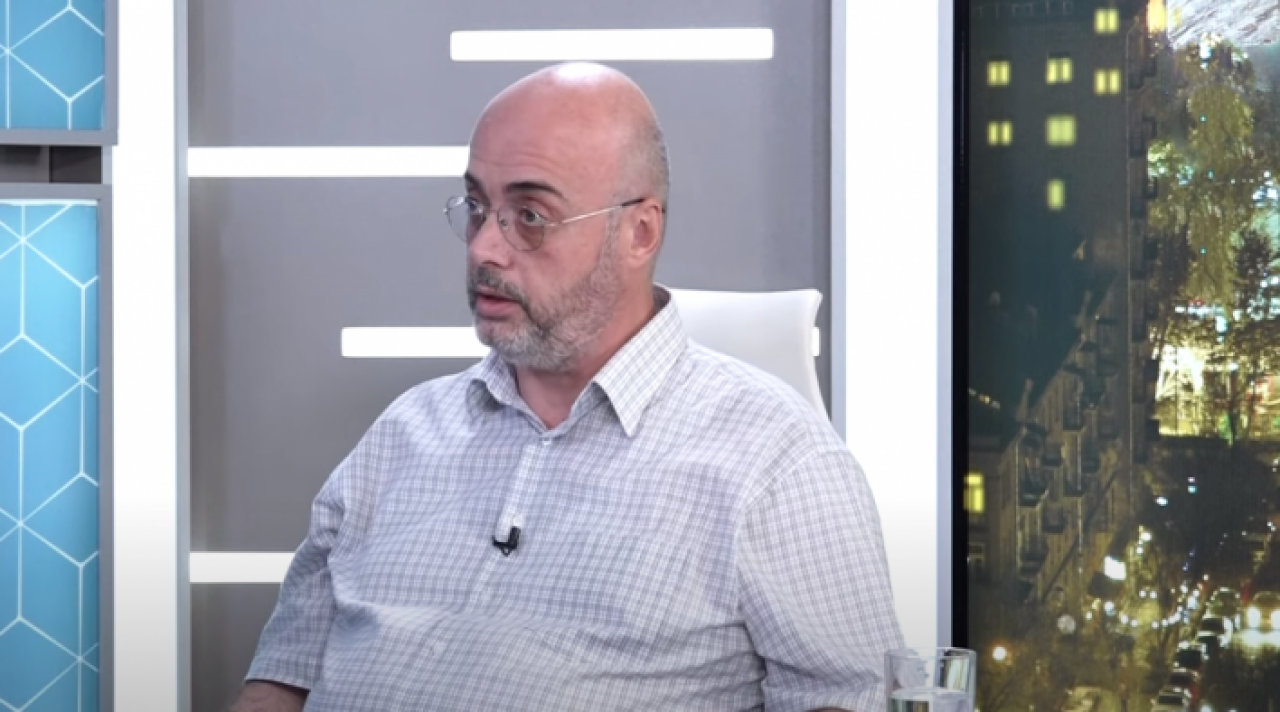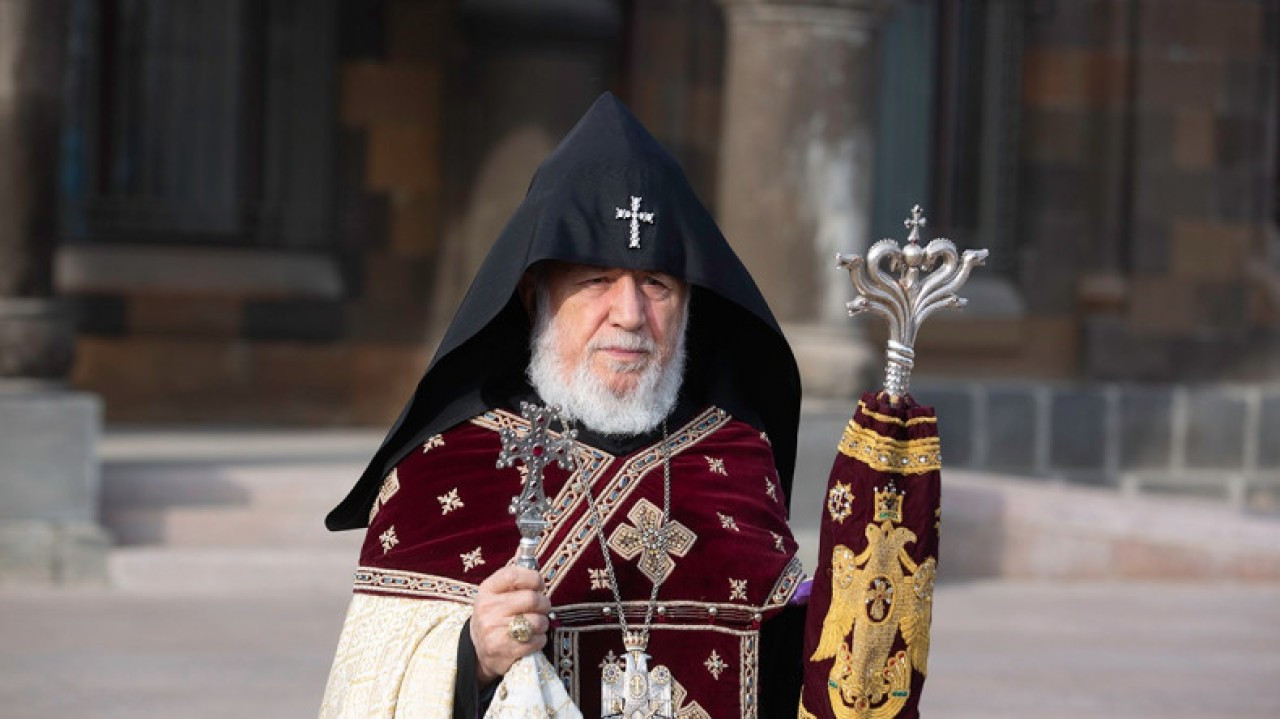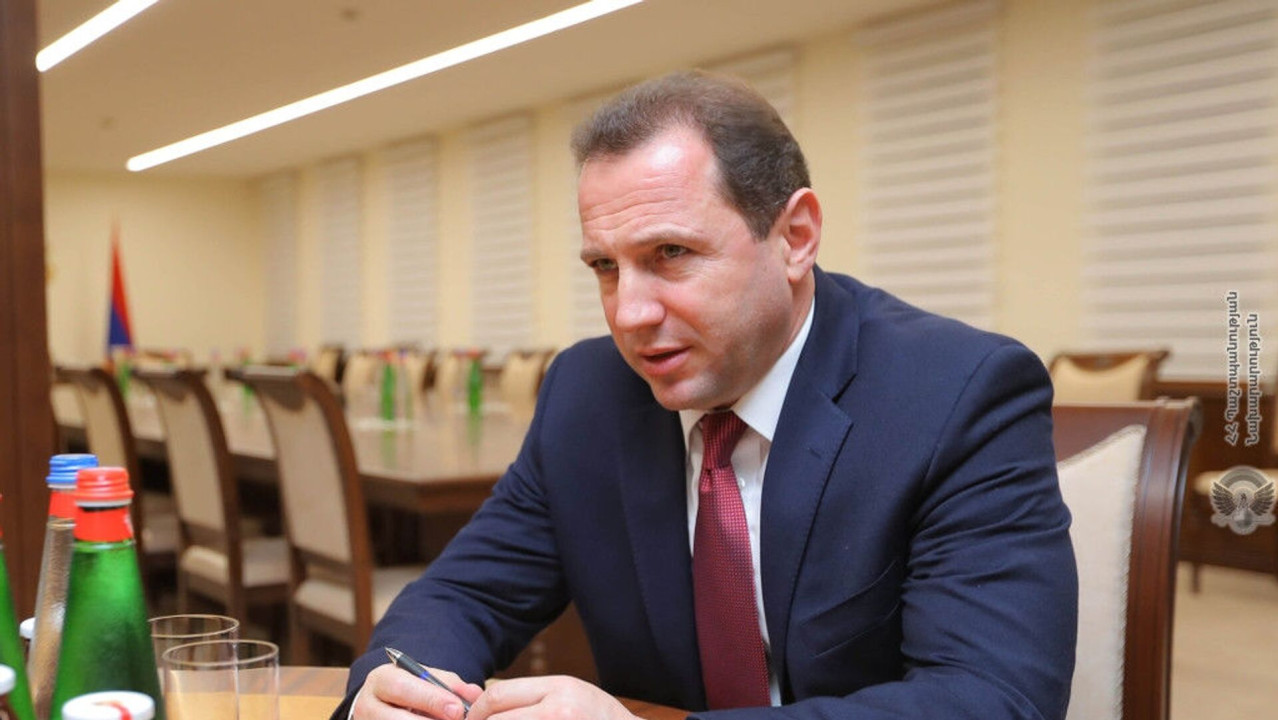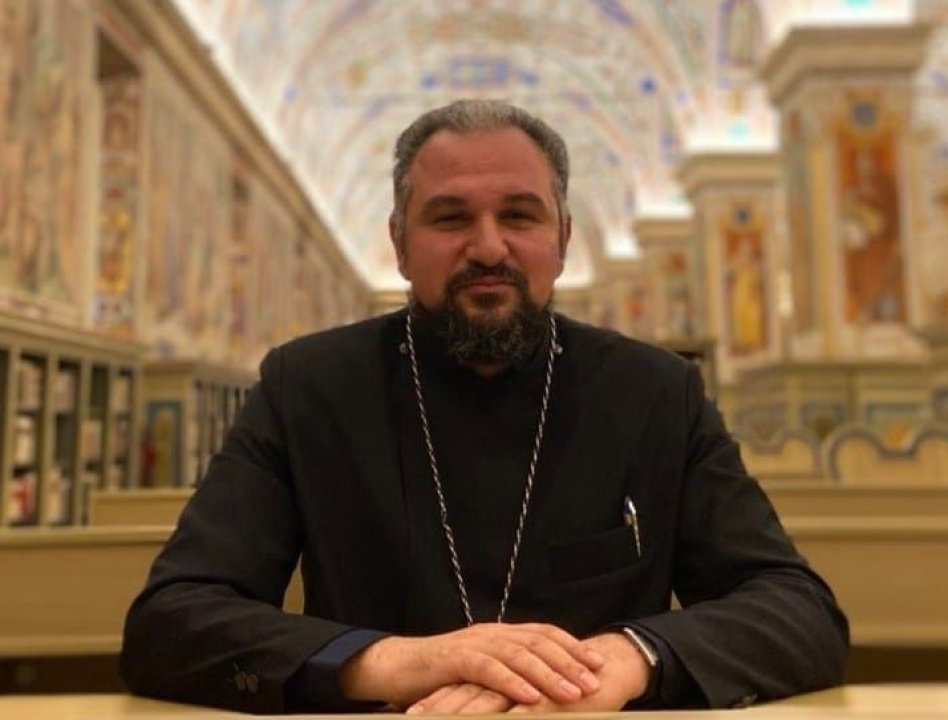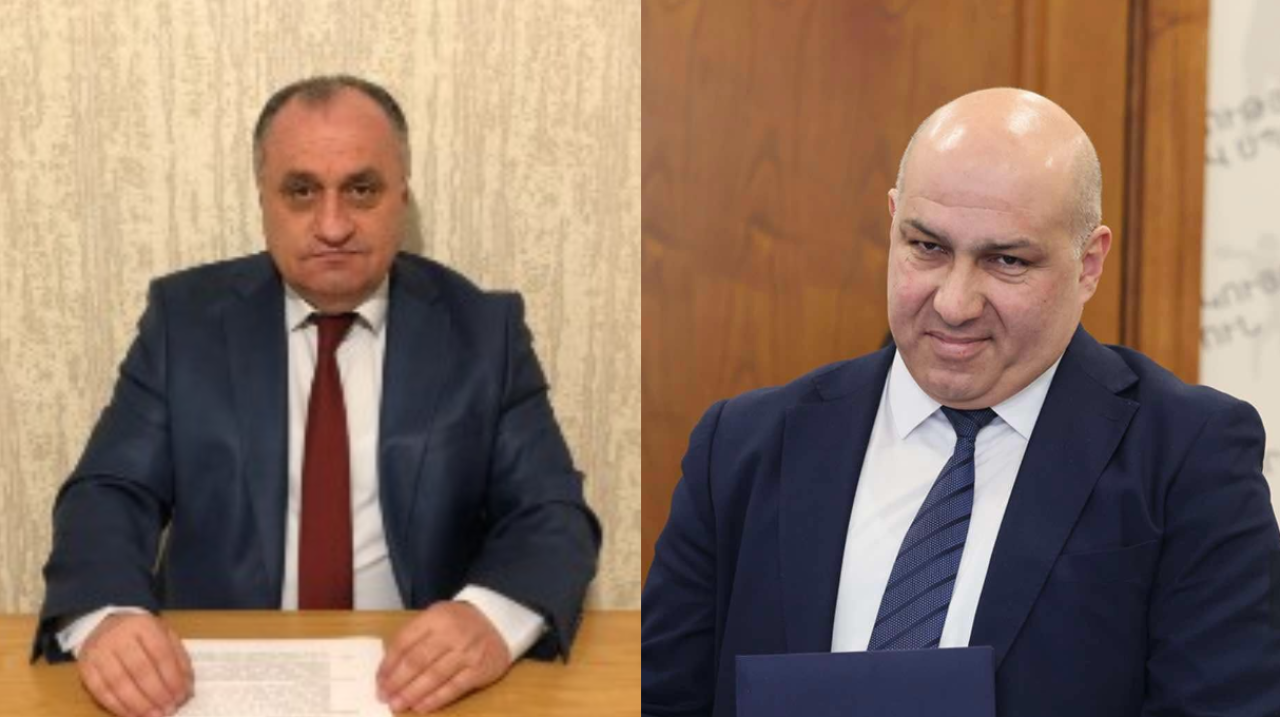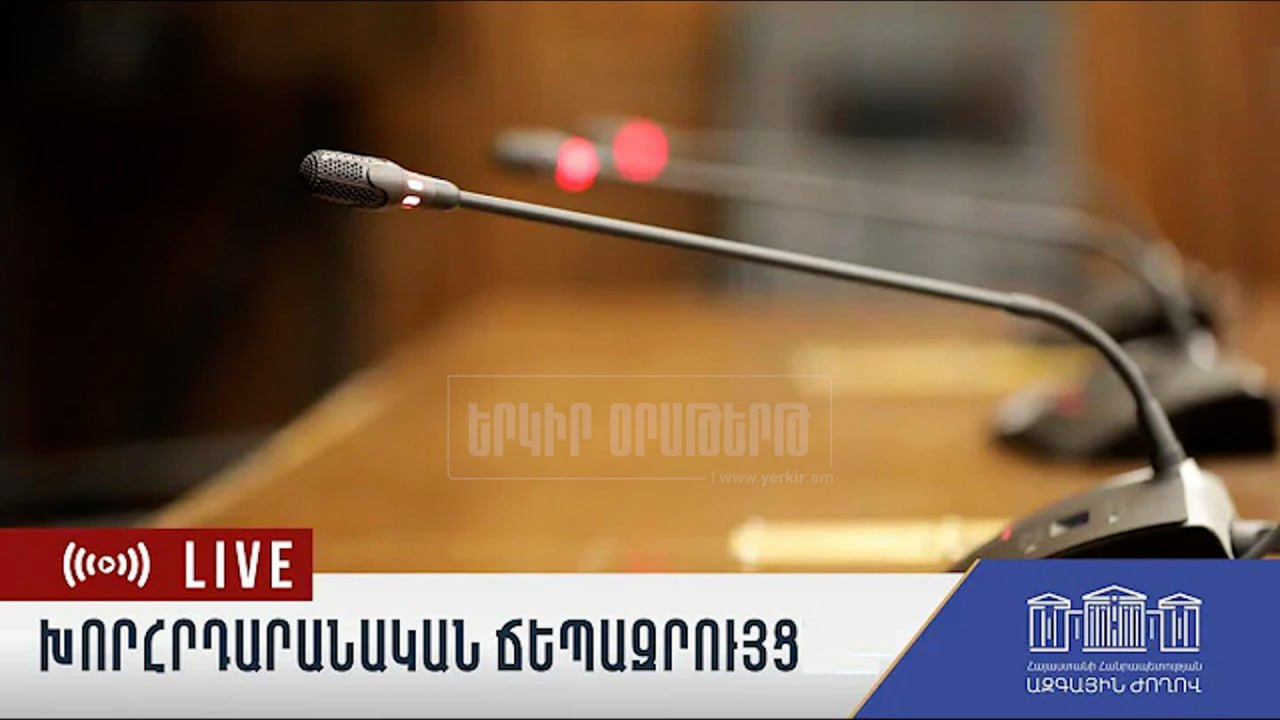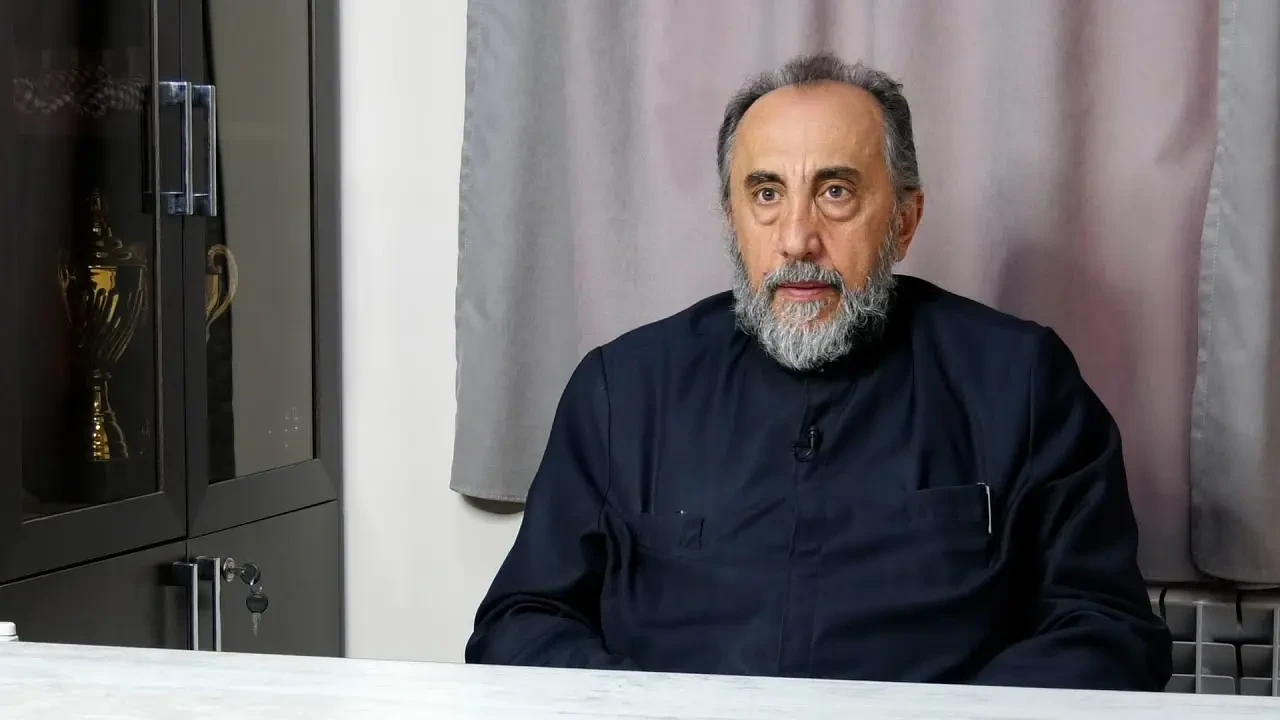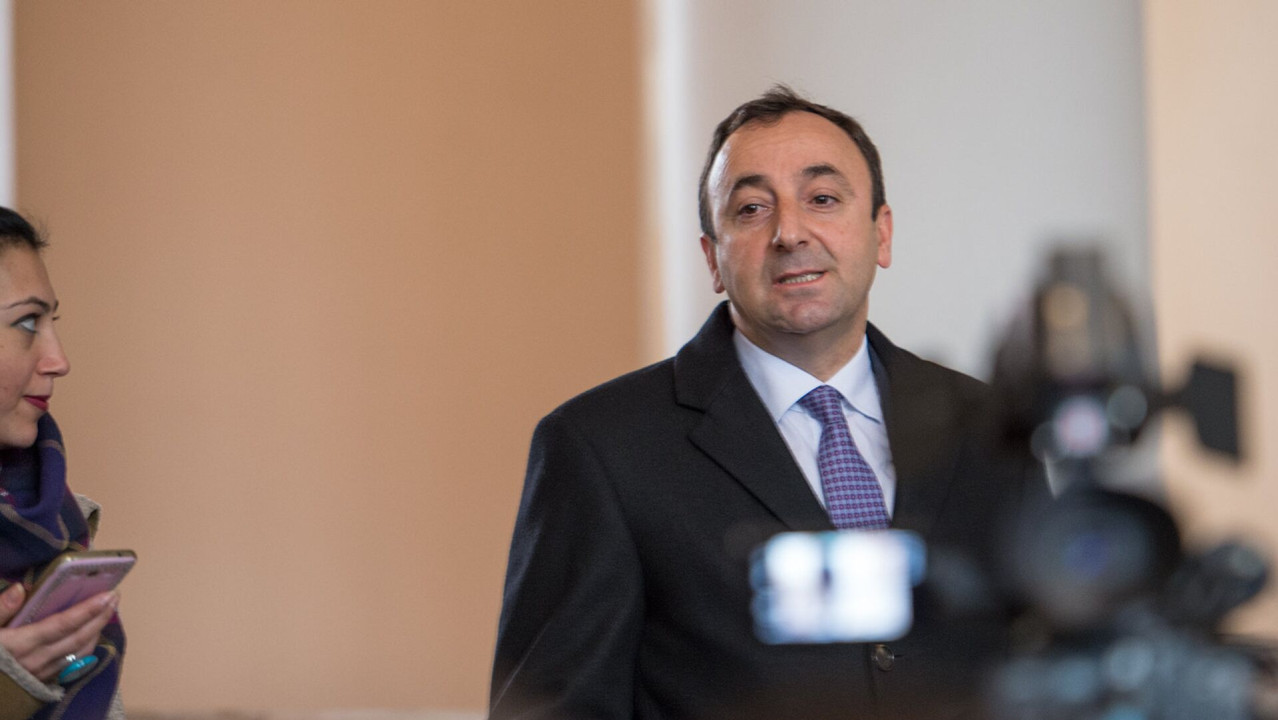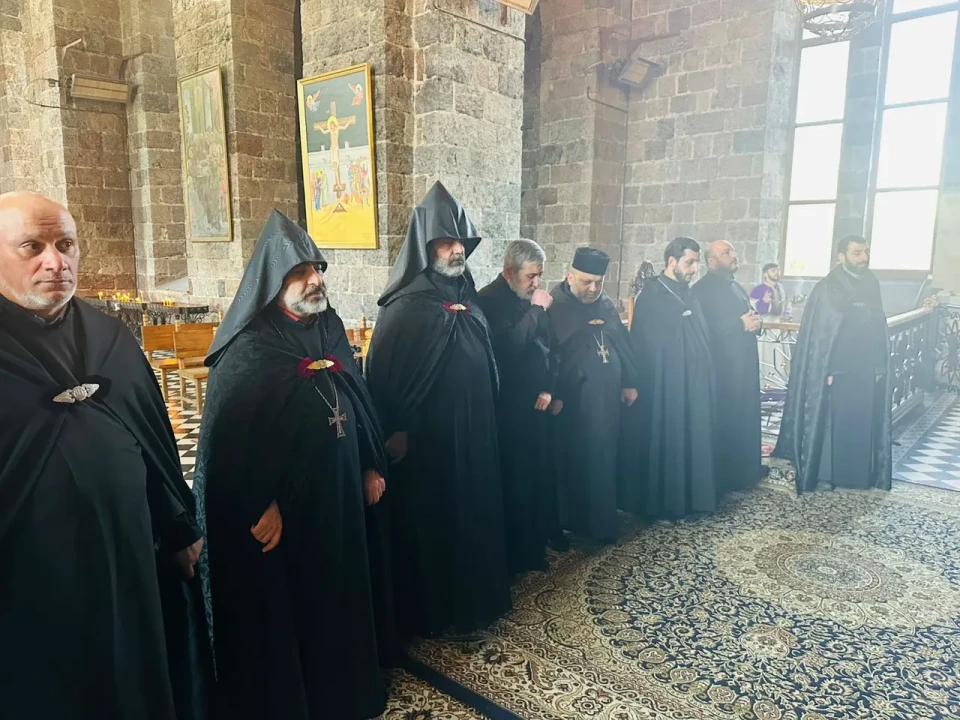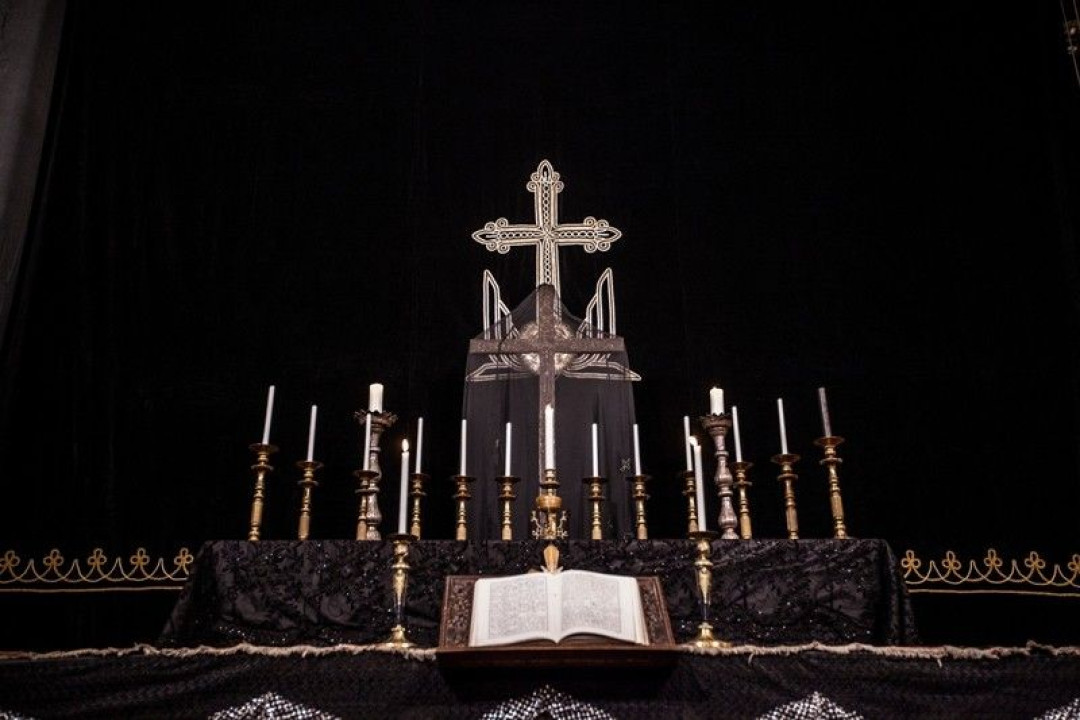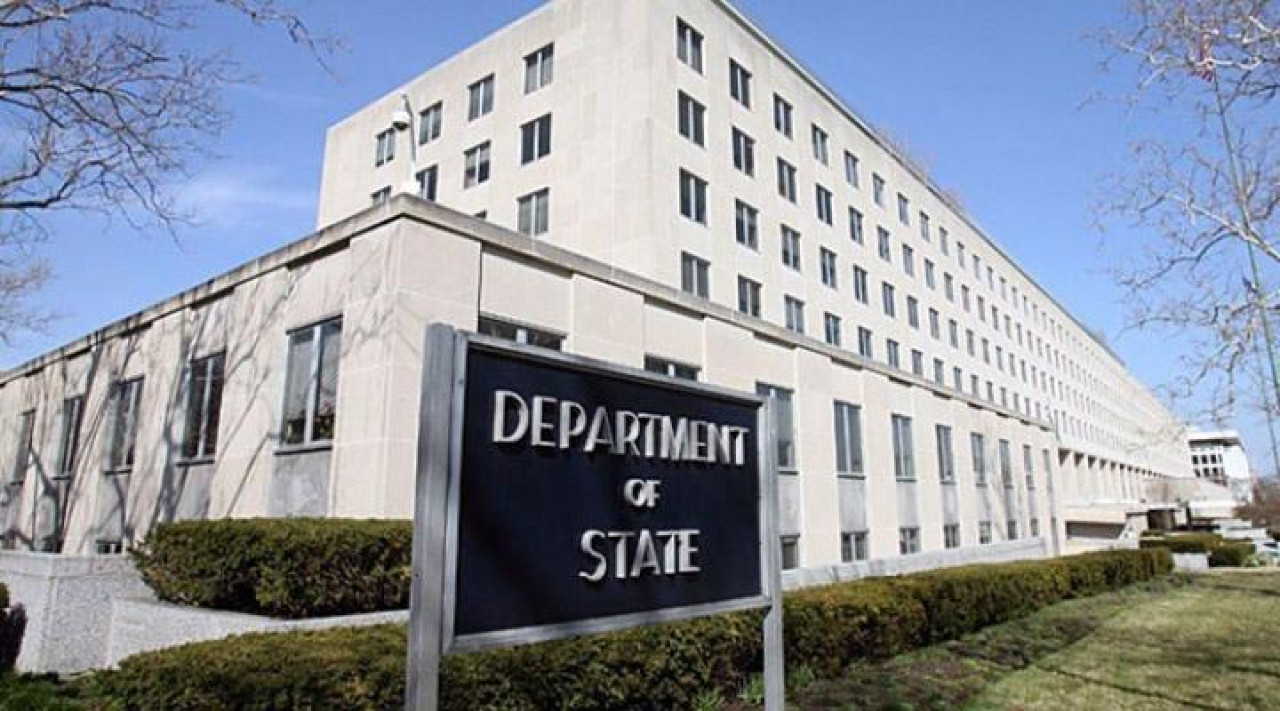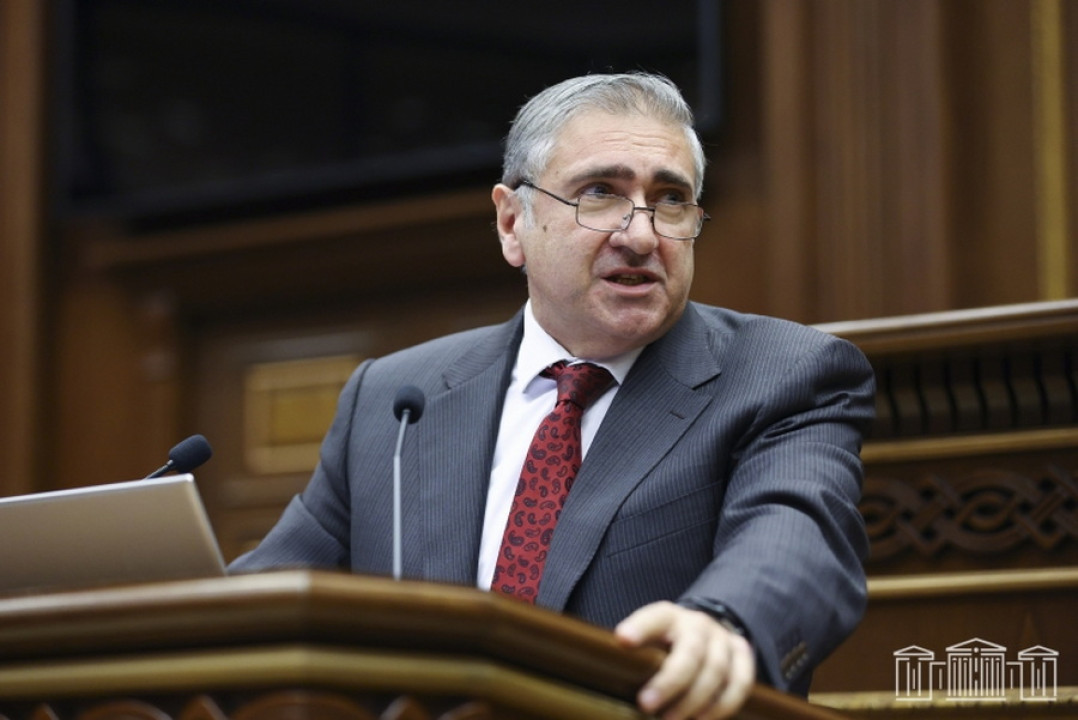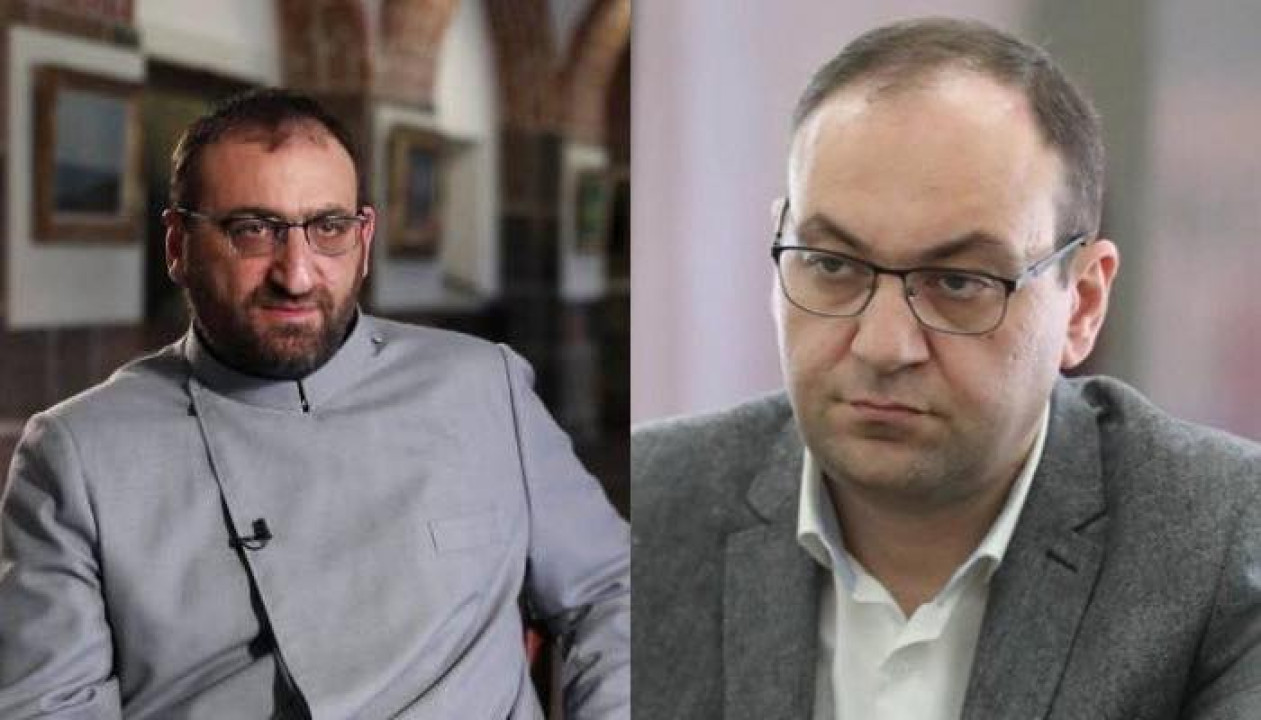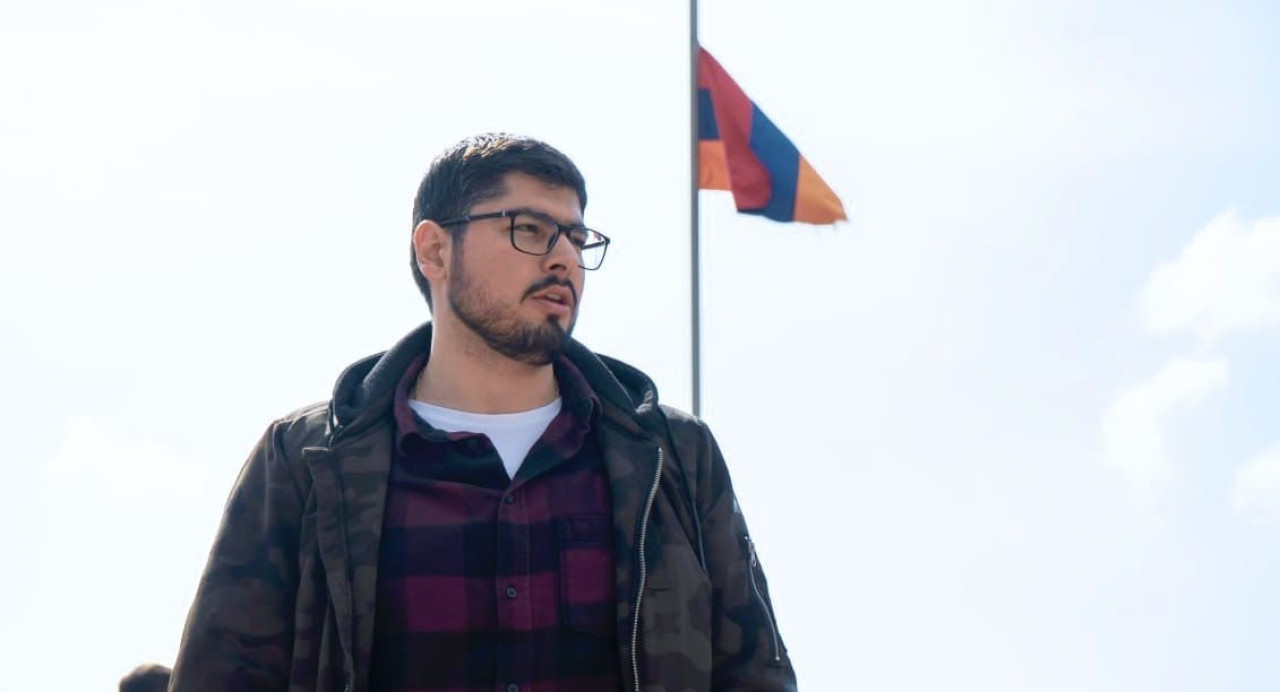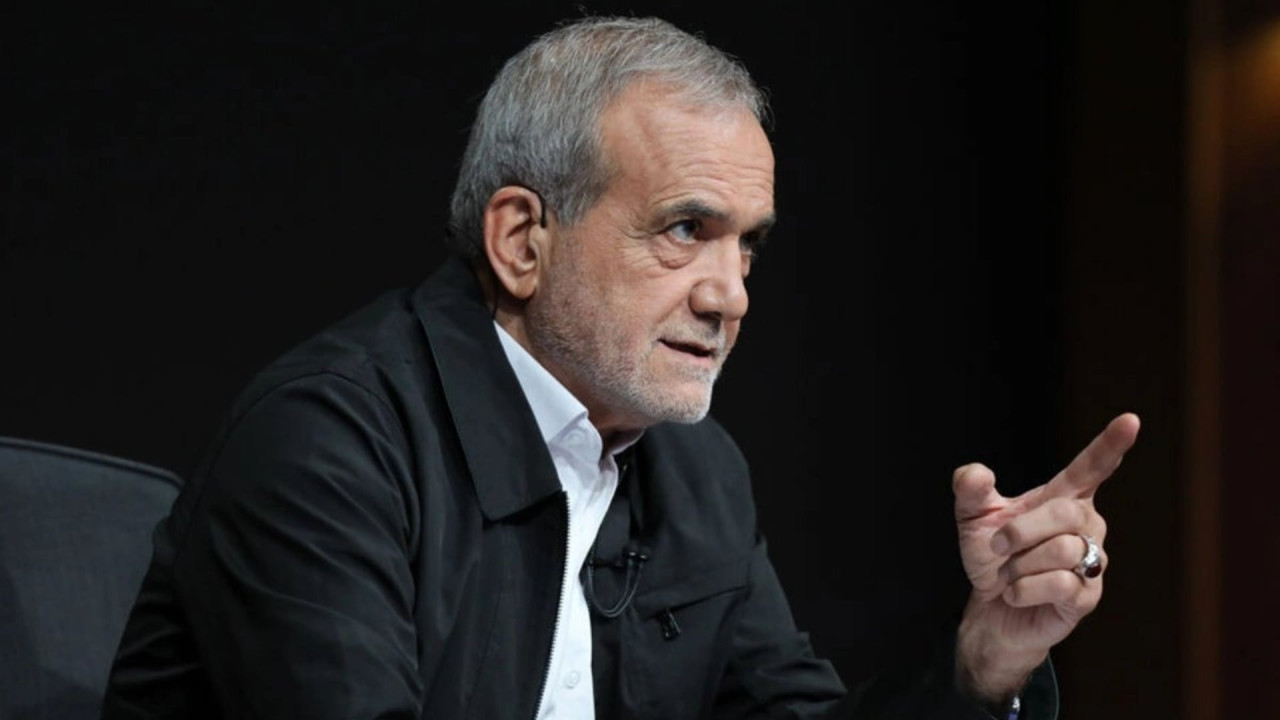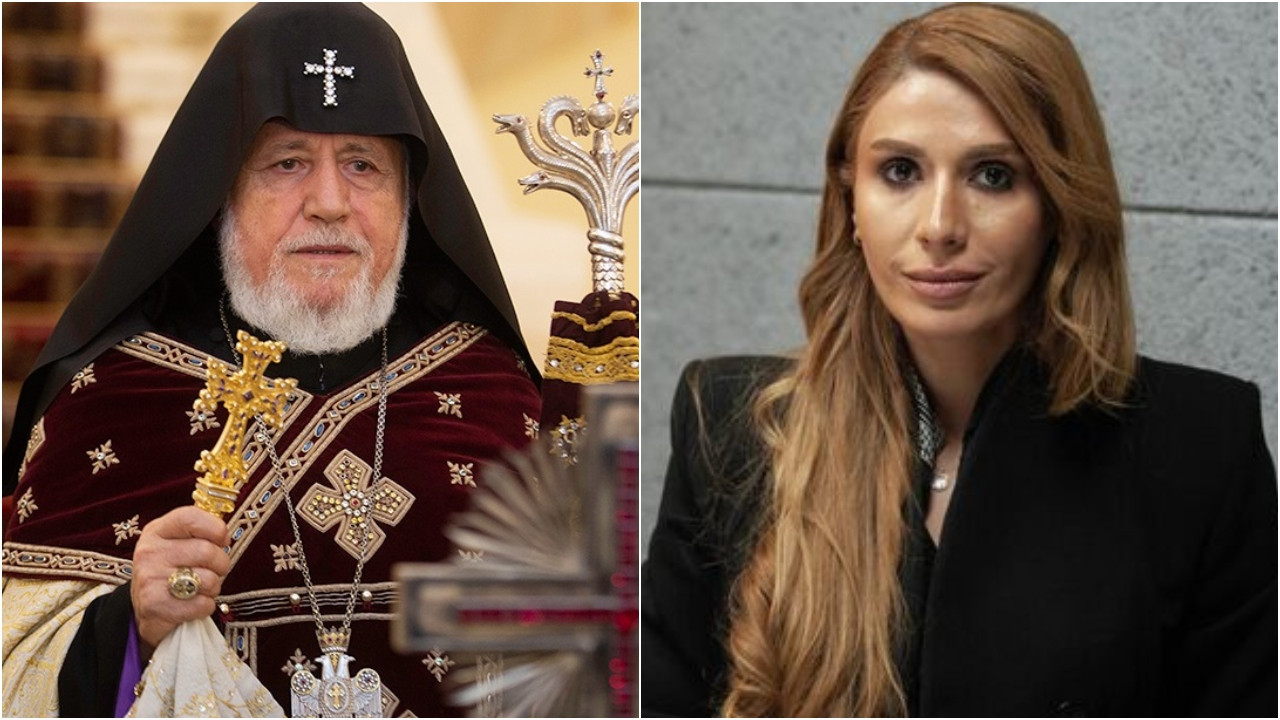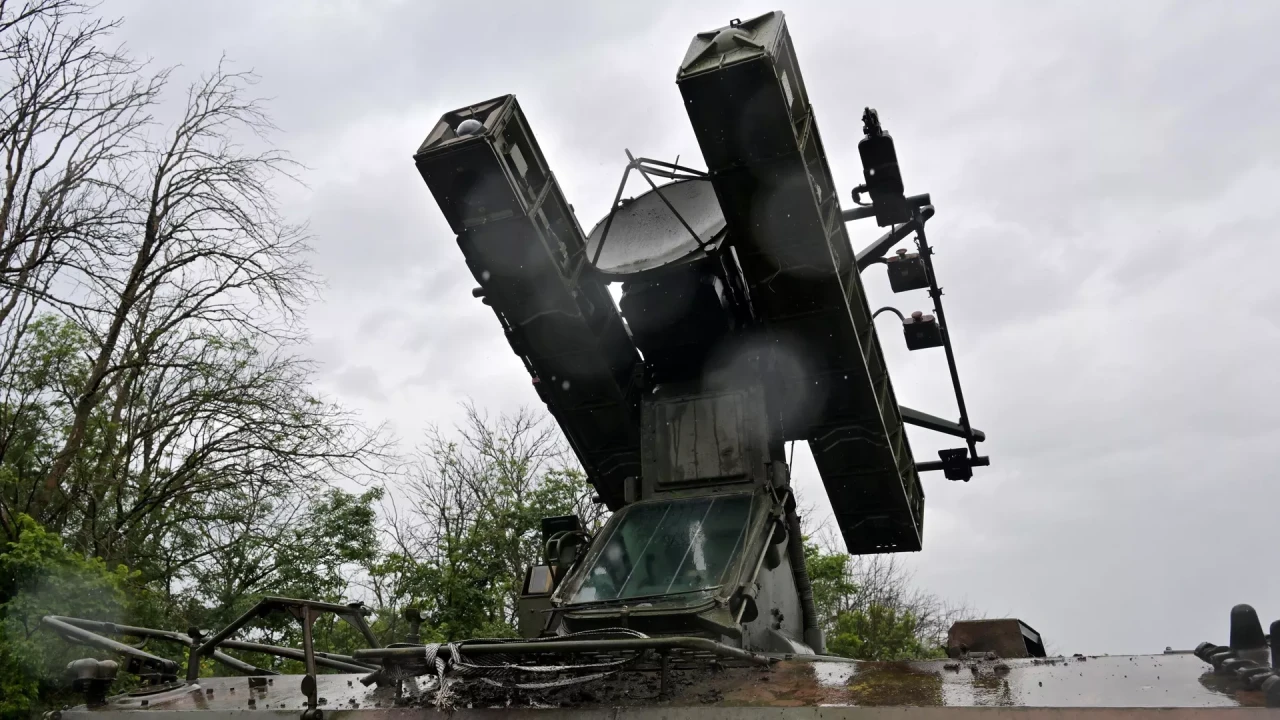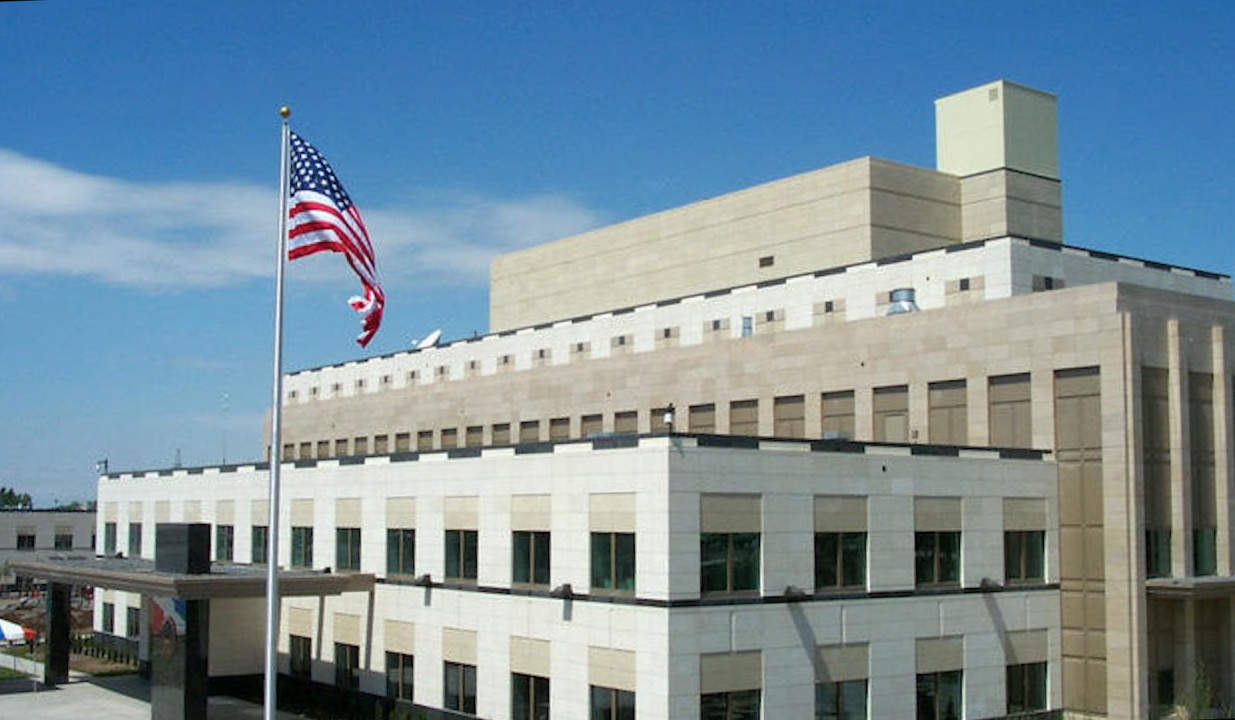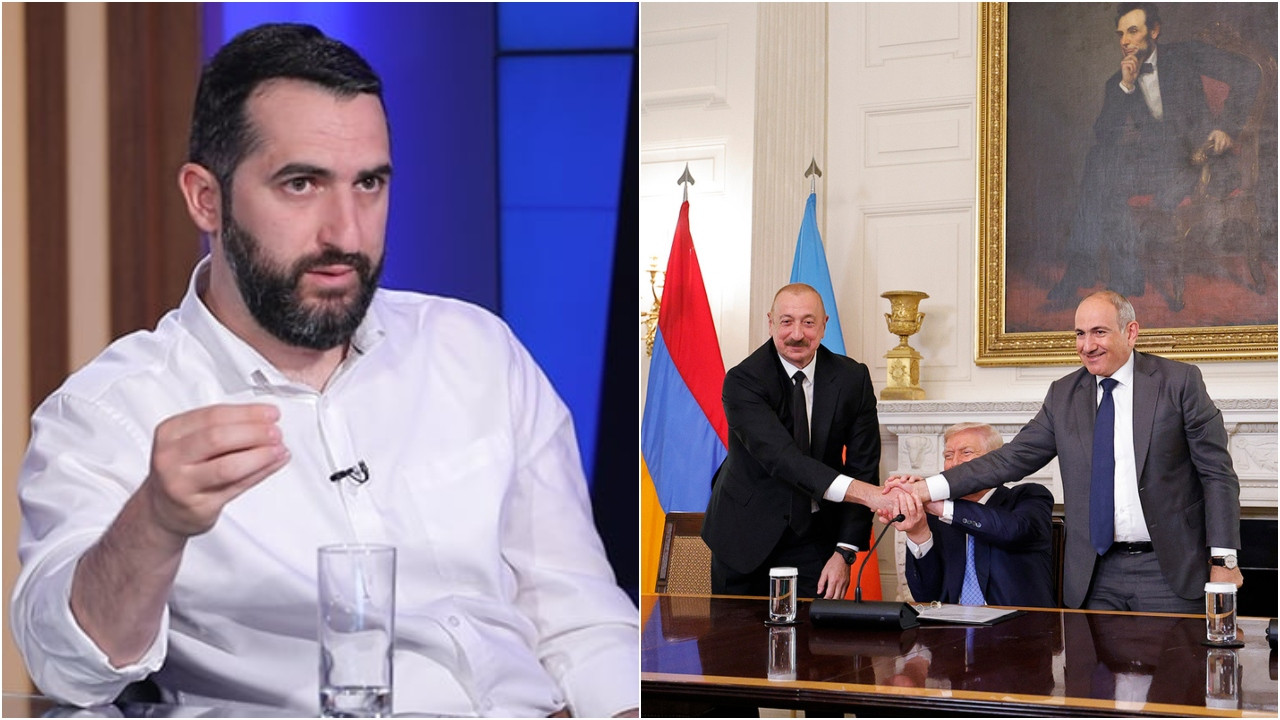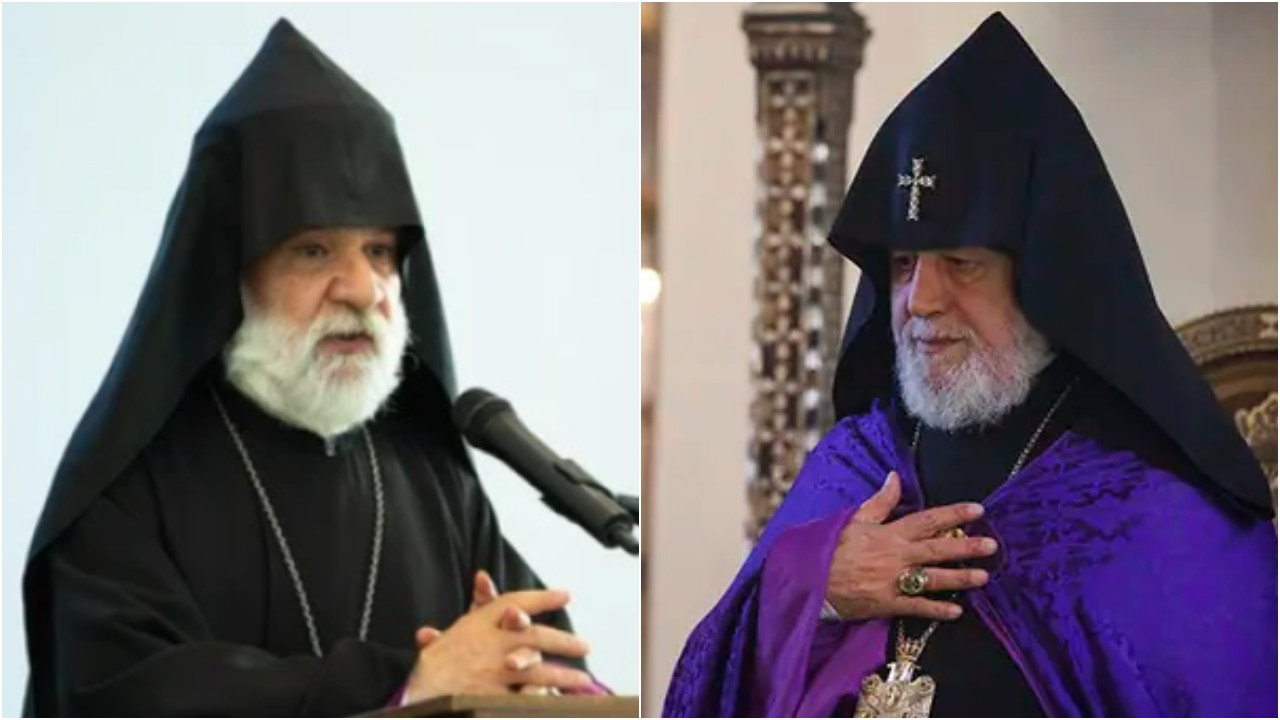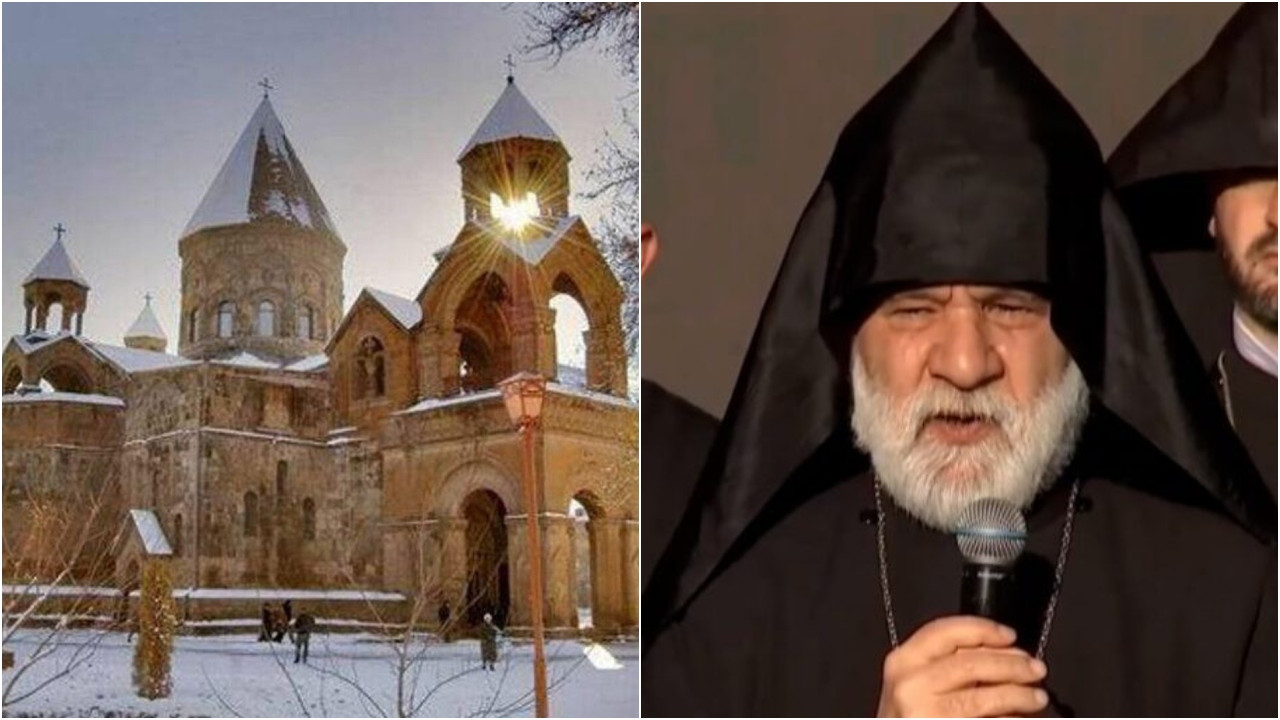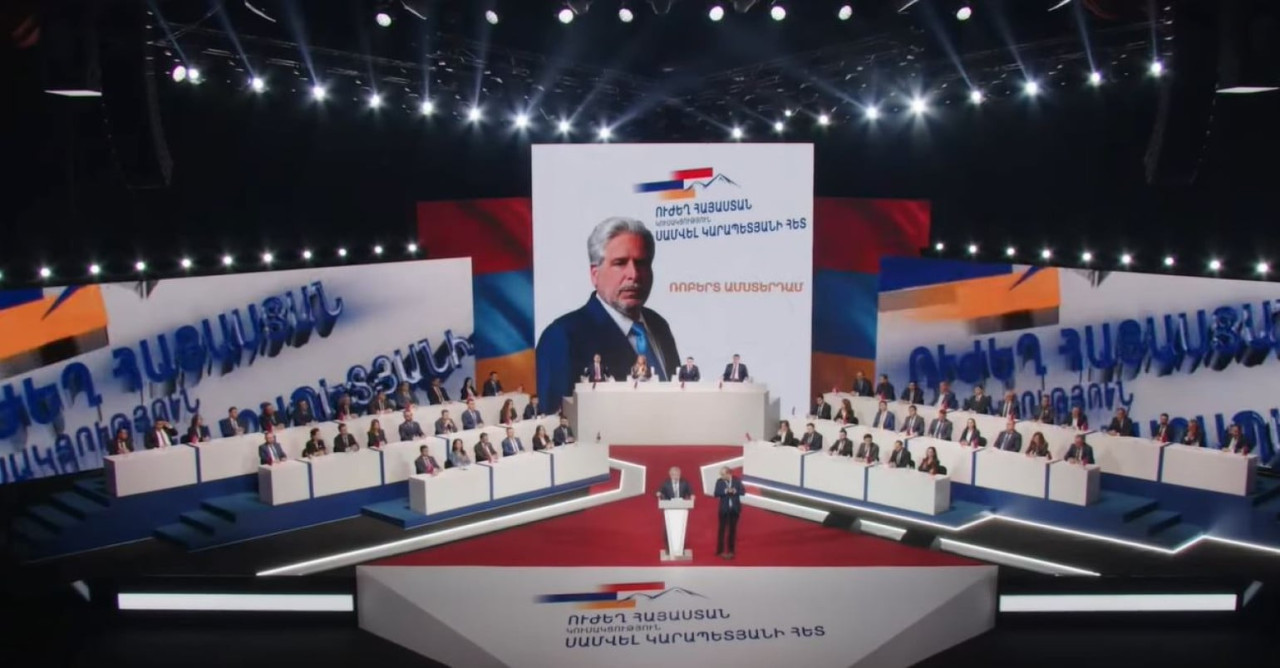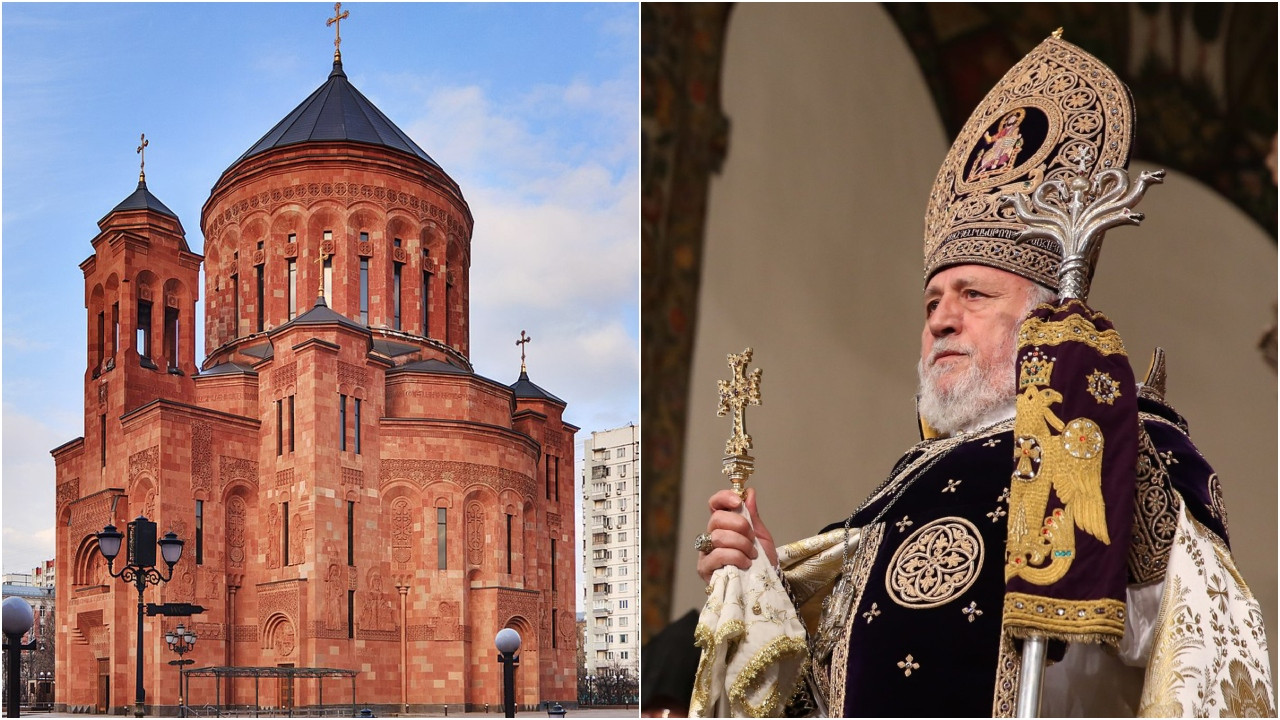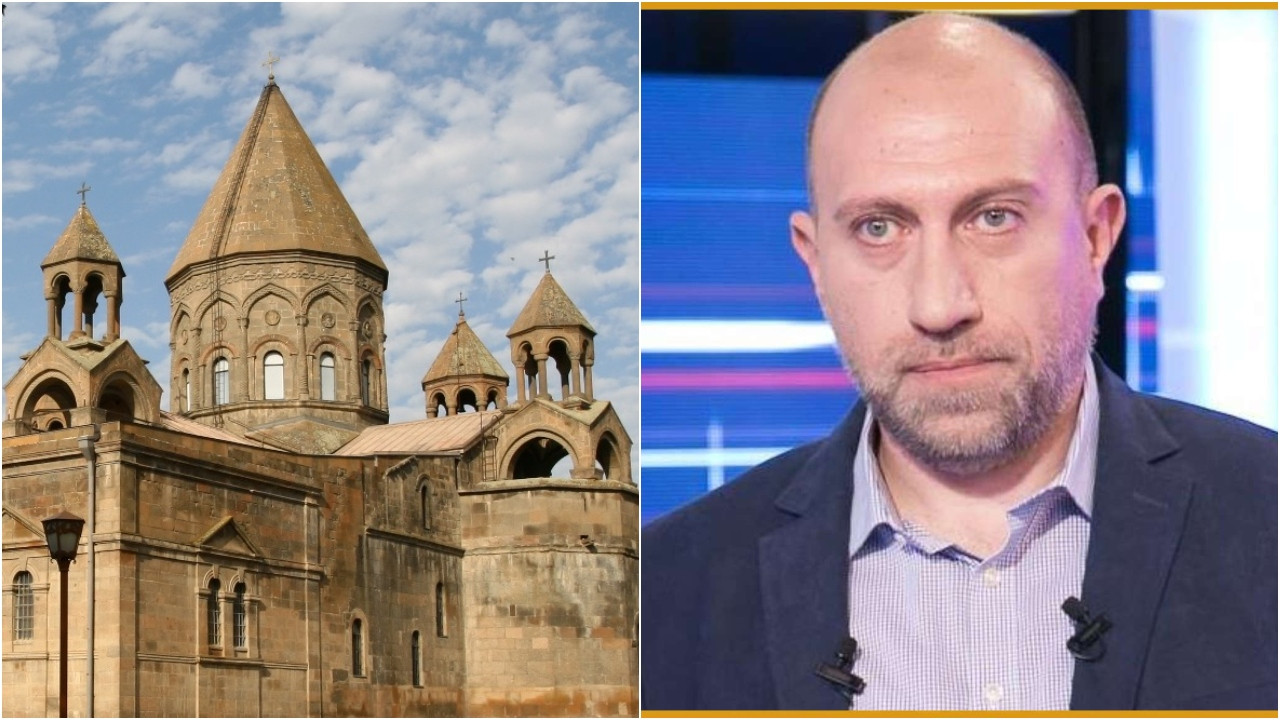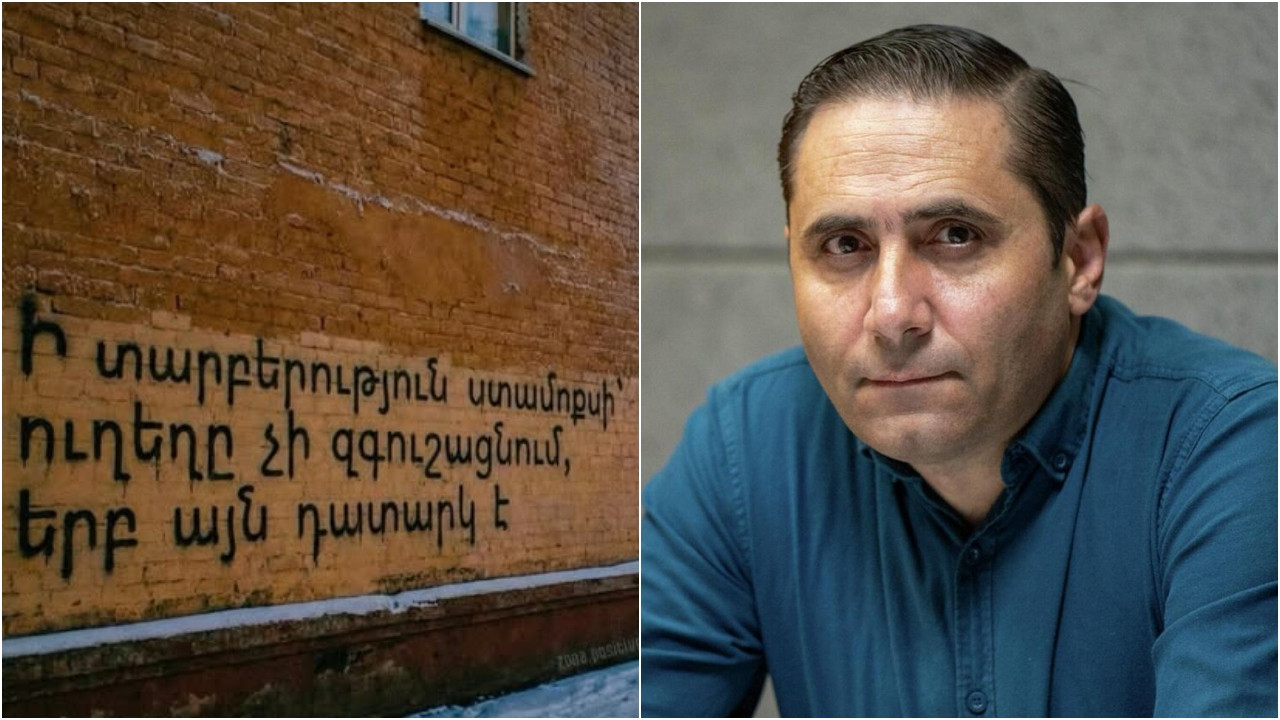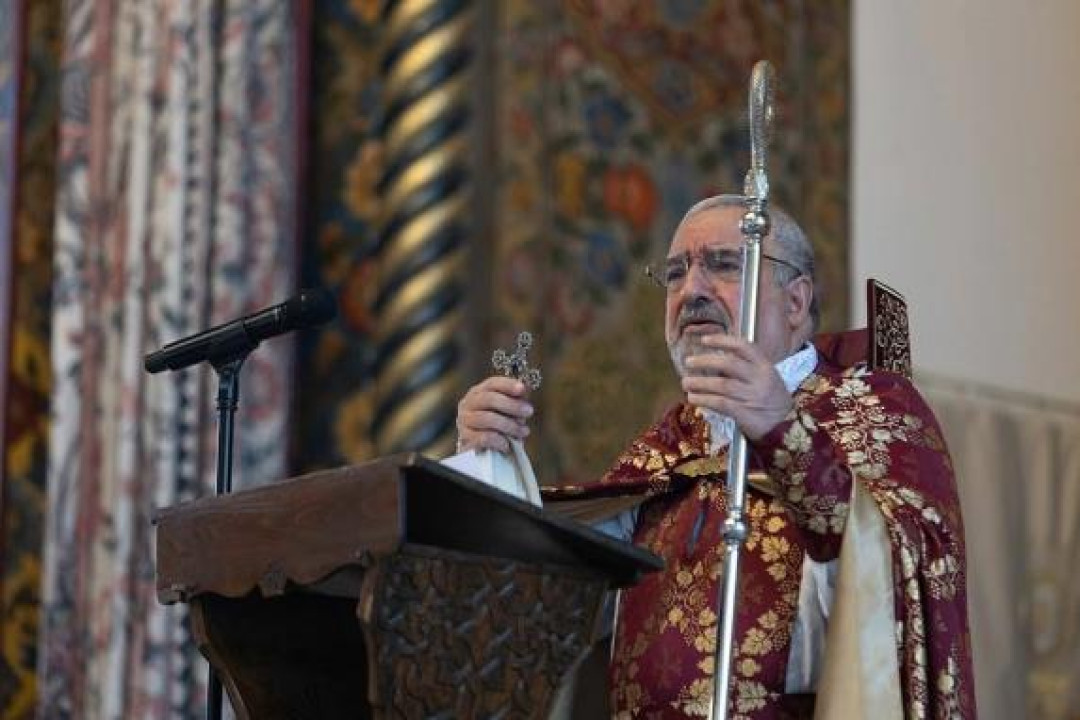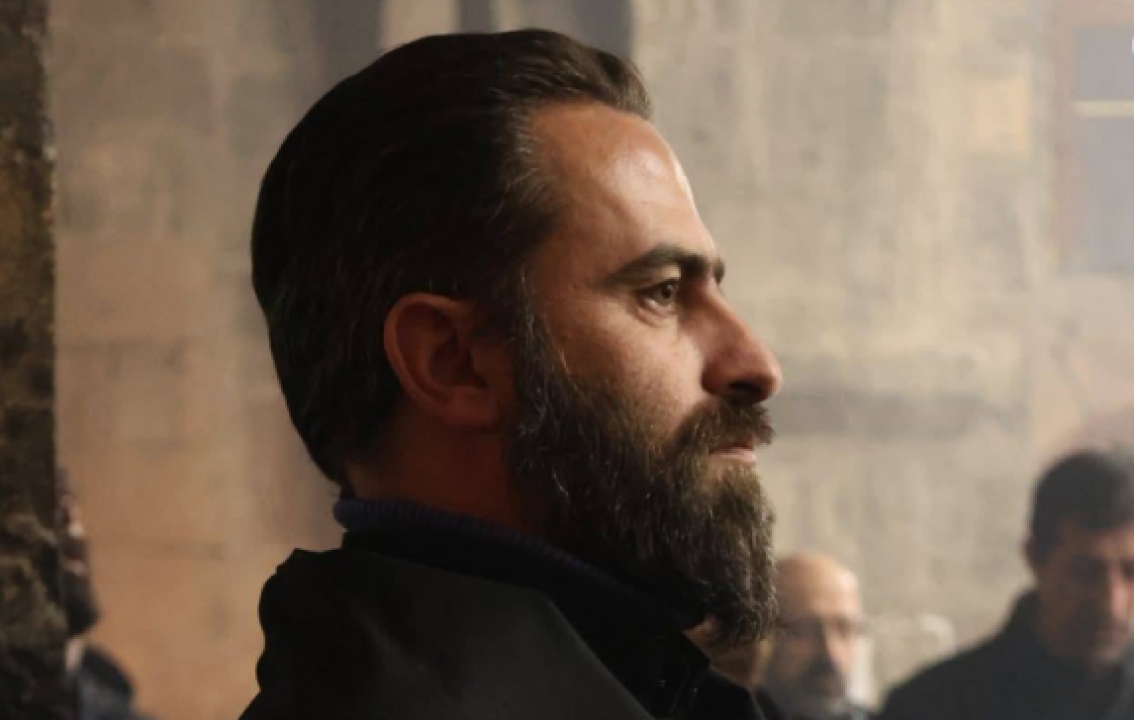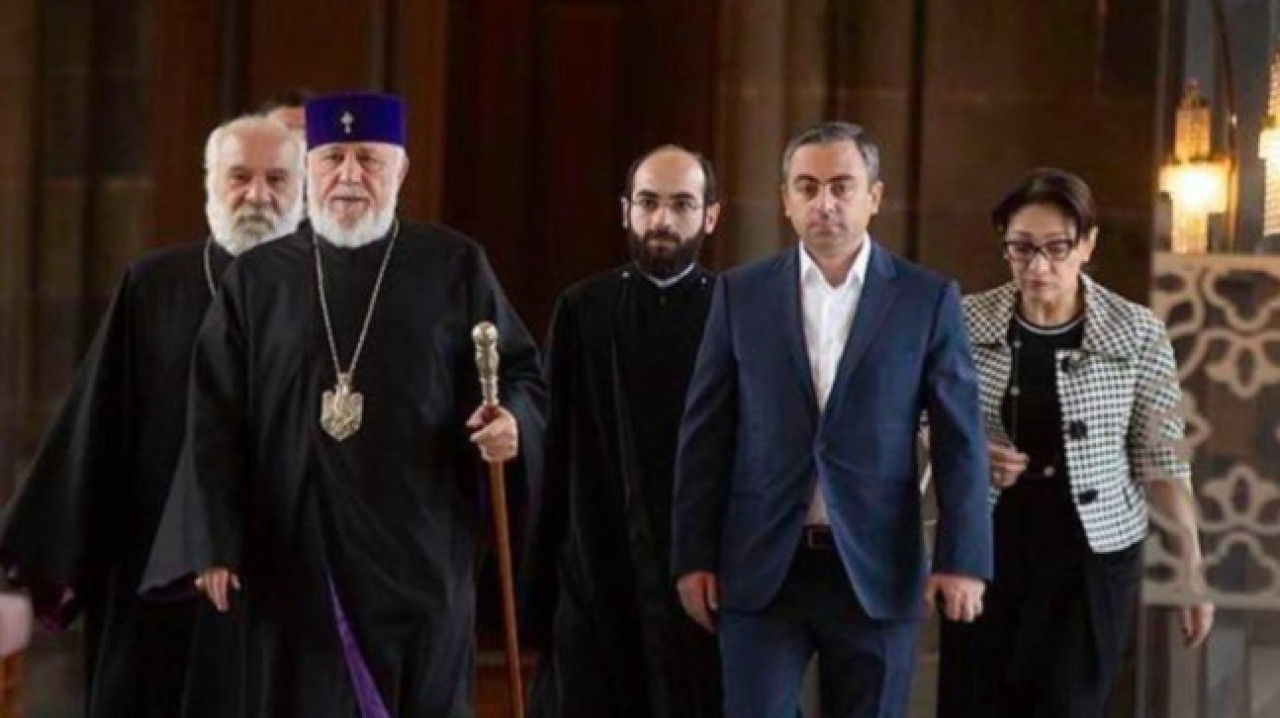|
Փոխարժեքներ
17 02 2026
|
||
|---|---|---|
| USD | ⚊ | $ 377.67 |
| EUR | ⚊ | € 448.14 |
| RUB | ⚊ | ₽ 4.9086 |
| GBP | ⚊ | £ 515.52 |
| GEL | ⚊ | ₾ 140.92 |
կարևոր
-
Մերժում ենք Վահագն Խաչատուրյանի հետ Աթենքում հանդիպումները․ ՀՅԴ Հունաստանի Կենտրոնական կոմիտե
4 ժամ առաջ Քաղաքական
-
Մեր քաղաքացիները շատ լավ են պատկերացնում այն մարտահրավերները, որոնց առջև ծառացած է մեր պետությունը․ Գառնիկ Դանիելյան
12 ժամ առաջ Քաղաքական
-
Ապրենք մեր ինքնությանն ու սրբազան արժեքների հանդեպ անբեկանելի նախանձախնդրությամբ. Գարեգին Բ
14 ժամ առաջ Հասարակություն
-
ՈւՂԻՂ․ Խորհրդարանական խմբակցությունները ճեպազրույց են տալիս
15 ժամ առաջ Հասարակություն
-
«Ուժեղ Հայաստան» կուսակցության ցուցակի 1-ին համարում հանդես կգա Նարեկ Կարապետյանը
16 ժամ առաջ Հասարակություն
-
Մյունխեն 2026․ միջանցք, միջամտություն ՀՀ-ի ներքին գործերին, «այսպես կոչված Խաղաղության խաչմերուկ» և անցած օրերի «փառքը»․ Խաչատրյան
17 ժամ առաջ Քաղաքական
-
Տեսագրությունը կեղծ է և ստեղծվել է հատուկ ծրագրային միջոցների կիրառմամբ․ փորձագիտական եզրակացություն
1 օր առաջ Հասարակություն
-
Ինչի միջև կատարել ընտրությունը՝ Ալիևի կողմից անարգվողի՞, թե՞ Ալիևին խեղճացնողի․ Սևակ Նազարյան
1 օր առաջ Քաղաքական
-
Վեհափառի և հոգևորականների դեմ շինծու քրգործեր կարողները պատասխան են տալու և՛ Աստծո, և՛ օրենքի առաջ․ հետո չասեք` ընտանիք էինք պահում․ Իշխան Սաղաթելյան
2 օր առաջ Հասարակություն
-
Հայրապետի նկատմամբ այս գործողություններն անհիմն են ու անօրինական․ Մայր Աթոռը խստորեն դատապարտում է
2 օր առաջ Հասարակություն
Լ. Գալստյանի և Է. Վարդանյանի դիմումը-նամակը ՅՈՒՆԵՍԿՕ-ի գլխավոր տնօրեն Օդրի Ազուլեյին՝ Արցախի պատմամշակութայնի ժառանգության նկատմամբ Ադրբեջանի կողմից իրականացվող վանդալիզմի և ոչնչացման քաղաքականության կապակցությամբ

Արցախի պատմամշակութայնի ժառանգության նկատմամբ Ադրբեջանի կողմից իրականացվող վանդալիզմի և ոչնչացման քաղաքականության կապակցությամբ «ՀԱՀԱՍՏԱՆ» խմբակցության պատգամավորներ Լիլիթ Գալստյանն ու Էլինար Վարդանյանը դիմում-նամակ են հղել ՅՈՒՆԵՍԿՕ-ի գլխավոր տնօրեն Օդրի Ազուլեյին, որը ներկայացնում ենք ստորև.
«ՄԻԱՎՈՐՎԱԾ ԱԶԳԵՐԻ ԿՐԹԱԿԱՆ, ԳԻՏԱԿԱՆ և
ՄՇԱԿՈՒԹԱՅԻՆ ԿԱԶՄԱԿԵՐՊՈՒԹՅԱՆ (ՅՈՒՆԵՍԿՕ-ի)
ԳԼԽԱՎՈՐ ՏՆՕՐԵՆ
ՏԻԿԻՆ ՕԴՐԻ ԱԶՈՒԼԵԻՆ
44-օրյա պատերազմի օրերին մարդկային զոհերի կողքին ունեցել ենք նաև մշակութային ահռելի կորուստեր: Ադրբեջանի կողմից օկուպացված տարածքներում է մնացել հսկայածավալ մշակութային ժառանգություն, որի հանդեպ Ադրբեջանը որդեգրել է բացահայտ ոչնչացման քաղաքականություն: Պղծման և վանդալիզմի կողքին, Ադրբեջանը զբաղված է նաև գիտական զեղծարարությամբ: 2022թ. փետրվարի 3-ին ադրբեջանական և միջազգային լրատվական աղբյուրներից հայտնի է դարձել, որ Ադրբեջանի Հանրապետության մշակույթի նախարար՝ Անար Քեիմովի որոշմամբ ձևավորվել է աշխատանքային խումբ, որը պատրաստվում է Արցախի Հանրապետության ներկայումս օկուպացված տարածքներում «աղվանական ճարտարապետական հուշարձաններից» վերացնել հայկական արձանագրությունները:
Ադրբեջանի իշխանության նման գործելաոճը ունի մեկ նպատակ՝ վերացնել Արցախի Հանրապետության օկուպացված տարածքներում առկա հայկական պատմա-մշակութային ժառանգությունը:
Հարկ է ընդգծել, որ Ադրբեջանի իշխանությունները նախկինում ևս ոչնչացրել են հայկական մշակութային ժառանգության համար մեծ նշանակություն ունեցող արժեքներ: Մասնավորապես՝ Ադրբեջանի իշխանությունները 2002 և 2005 թվականներինին, խաղաղ ժամանակահատվածում ոչնչացրել են Նախիջևանի Ջուղա քաղաքի հայկական գերեզմանոցը, որտեղ տեղադրված էին հազարավոր արժեքավոր խաչքարեր : Խաչքարերը ոչնչացվել են, իսկ հետագայում օգտագործվել որպես շինանյութ:
ՄԱԿ-ի Միջազգային արդարադատության դատարանը Հայաստանն ընդդեմ Ադրբեջանի գործով իր 2021 թ. դեկտեմբերի 7-ի միջանկյալ միջոցների կիրառման վերաբերյալ որոշմամբ պարտավորեցրել է Ադրբեջանին՝ «Ձեռնարկել բոլոր անհրաժեշտ միջոցառումները՝ կանխելու և պատժելու վանդալիզմի և պղծման բոլոր գործողությունները, որոնք կատարվել են հայկական մշակութային ժառանգության հանդեպ, այդ թվում՝ եկեղեցիների և պաշտամունքի այլ վայրերի, հուշարձանների, բնության վայրերի, գերեզմանների և այլ արտեֆակտների»: Այդ թվում մտահոգություն է հայտնել Ադրբեջանի կողմից հայկական մշակութային ժառանգությունը ալբանական ներկայացնելու ճիգերի վերաբերյալ:
Ադրբեջանական իշխանության վանդալիզիմի և պղծման գործողությունները հայկական մշակութային արժեքների նկատմամբ կրում են շարունակական բնույթ, ինչով Ադրբեջանը կոպտորեն խախտում է ՄԱԿ-ի Միջազգային արդարադատության դատարանի վերոնշյալ որոշման պահանջները:
Ադրբեջանի իշխանությունը շարունակաբար վարում է էթնիկ զտման և մշակութային արժեքների ոչնչացման քաղաքականություն, ինչը լուրջ վտանգների առաջ է կանգնեցնում Հայաստանի և Արցախի բնակչությանը:
Հաշվի առնելով ստեղծված իրավիճակը, ակնկալում ենք Միավորված ազգերի կրթության, գիտության և մշակույթի կազմակերպության (ՅՈՒՆԵՍԿՕ) ակտիվ միջամտությունը՝ Ադրբեջանի իշխանության կողմից Արցախի Հանրապետության օկուպացված տարածքներում հայկական պատմական և մշակութային նշանակություն ունեցող արժեքների պաշտպանության հարցում, որոնք նաև համամարդկային մշակութային ժառանգության մասն են կազմում:
Ընդգծում ենք նաև, որ 1954 թ. Հաագայի կոնվենցիայի 23-րդ հոդվածի համաձայն ՅՈՒՆԵՍԿՕ-ն կարևոր հանձնառություն ունի՝ հնարավորինս արագ անկախ տեխնիկական առաքելություն իրականացնելու Արցախի Հանրապետության այն տարածքներում, որոնք պատերազմի արդյունքում անցել են Ադրբեջանի վերահսկողության տակ, ինչպես նաև իրականցնելու պատմամշակութային ժառանգության ներկա վիճակի գնահատման փաստահավաք առաքելություն։
Փետրվար 15, 2022, Երևան
Ms. Audrey Azoulay,
Director-General of UNESCO
7, place de Fontenoy, 75352 Paris 07 SP, France
Madam Director-General,
Your Excellency,
During the 44-day war, along with human casualties, Armenia also had huge cultural losses. There is an enormous cultural heritage left behind in the territories occupied by Azerbaijan, for which Azerbaijan has adopted a policy of open destruction. In addition to deliberate acts of cultural vandalism, the Azerbaijani government is engaged in scientific forgery. On February 3, 2022, Azerbaijani and international media sources reported that by a decree of minister of Culture of the Republic of Azerbaijan Anar Kerimov a working group has been established which will be responsible for removing “the fictitious traces written by Armenians on Albanian places of worship" in the currently occupied territories of the Artsakh Republic.
The Azerbaijani state policy has one ultimate purpose: to distort and annihilate the Armenian historical-cultural heritage present in the occupied territories of the Artsakh Republic.
It is worth reaffirming that the Azerbaijani authorities have a long history of destroying sites of great importance to the Armenian cultural heritage. In particular, in 2002 and 2005 (peace time) the Azerbaijani authorities demolished the historical Armenian cemetery in Djoulfa, province of Nakhichevan, which was the biggest and most precious repository of medieval headstones marked with crosses (khachkars ). Later the khachkars were used as construction materials.
The decision on application of provisional measures issued by the UN International Court of Justice on December 7, 2021, clearly obliges Azerbaijan to “Take all necessary measures to prevent and punish acts of vandalism and desecration, affecting Armenian cultural heritage, including but not limited to churches and other places of worship, monuments, landmarks, cemeteries, and artifacts.” Furthermore, the UN ICJ expresses concern about a developing narrative in Azerbaijan promoting a “Caucasian Albanian” heritage to replace what is seen as “Armenian” cultural heritage.
Cases of vandalism and destruction of the Armenian historical, cultural and religious heritage in Nagorno-Karabakh by the Azerbaijani authorities, as well as the deliberate and illegal appropriation of the historical memory at the state level, are of a continuous nature. Thus, Azerbaijan grossly violates the requirements of the above-mentioned decision issued by the UN International Court of Justice.
The Azerbaijani government is persistent in its pursuit of the policy of ethnic cleansing and destruction of cultural values, which poses serious dangers to the population of Armenia and Artsakh.
In view of the current situation, we expect the immediate intervention and unimpeded involvement of the United Nations Educational, Scientific and Cultural Organization (UNESCO) for the preservation and prevention of the cases of vandalism against the Armenian monuments of Artsakh, which are part of our universal cultural heritage.
We also emphasize the importance of UNESCO’s initiative, taken in conformity with Article 23 of the 1954 Hague Convention, to carry out as soon as possible an independent technical mission to those territories of the Artsakh Republic which have fallen under the control of Azerbaijan as a result of the war and the implementation of a fact-finding mission to evaluate the current condition of the historical-cultural heritage.
MPs of National Assembly of Armenia,
Members of the Standing Committee on
Science, Education, Culture, Diaspora, Youth and Sport,
Lilit Galstian,
Elinar Vardanyan
Yerevan, 15 February 2022»:
